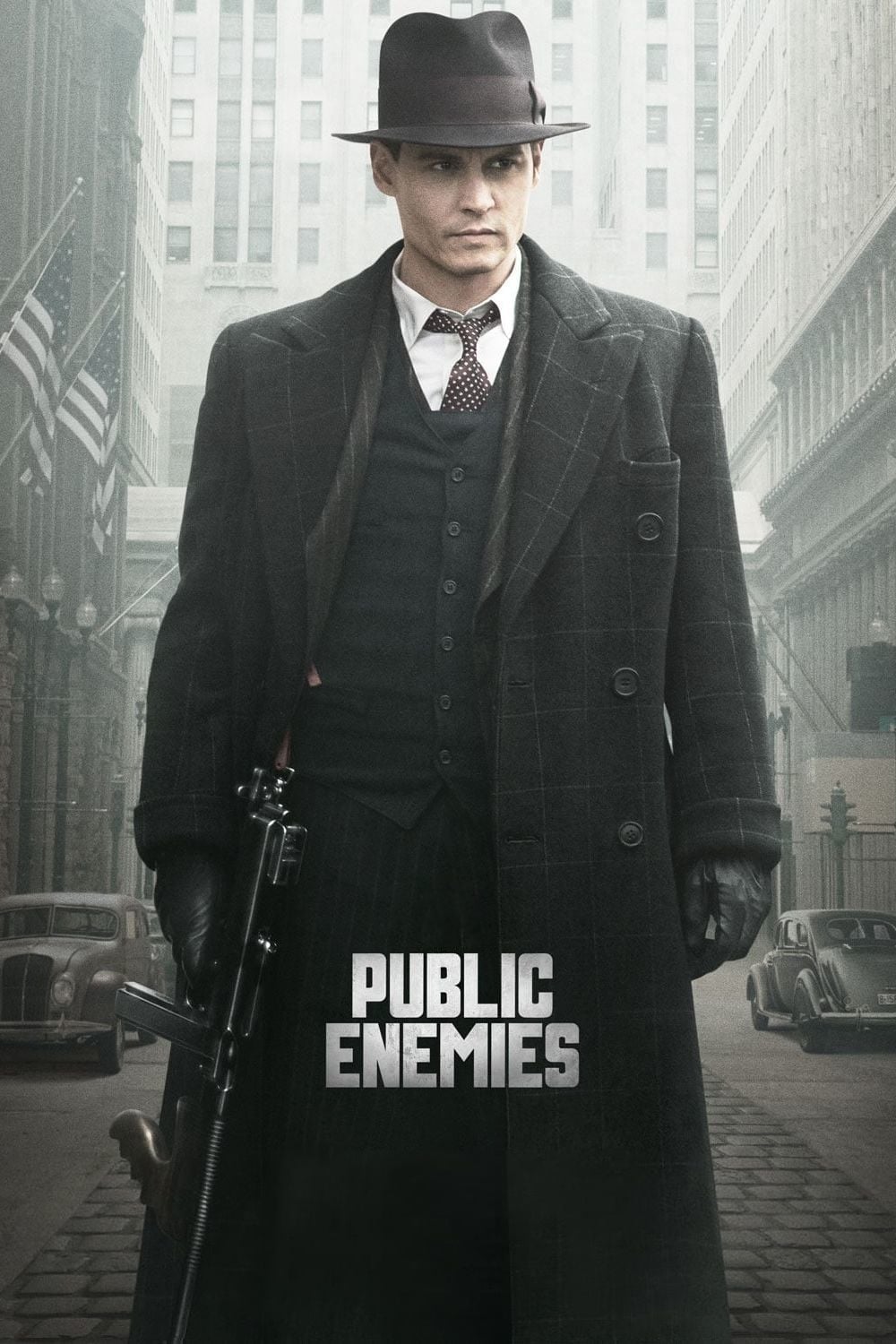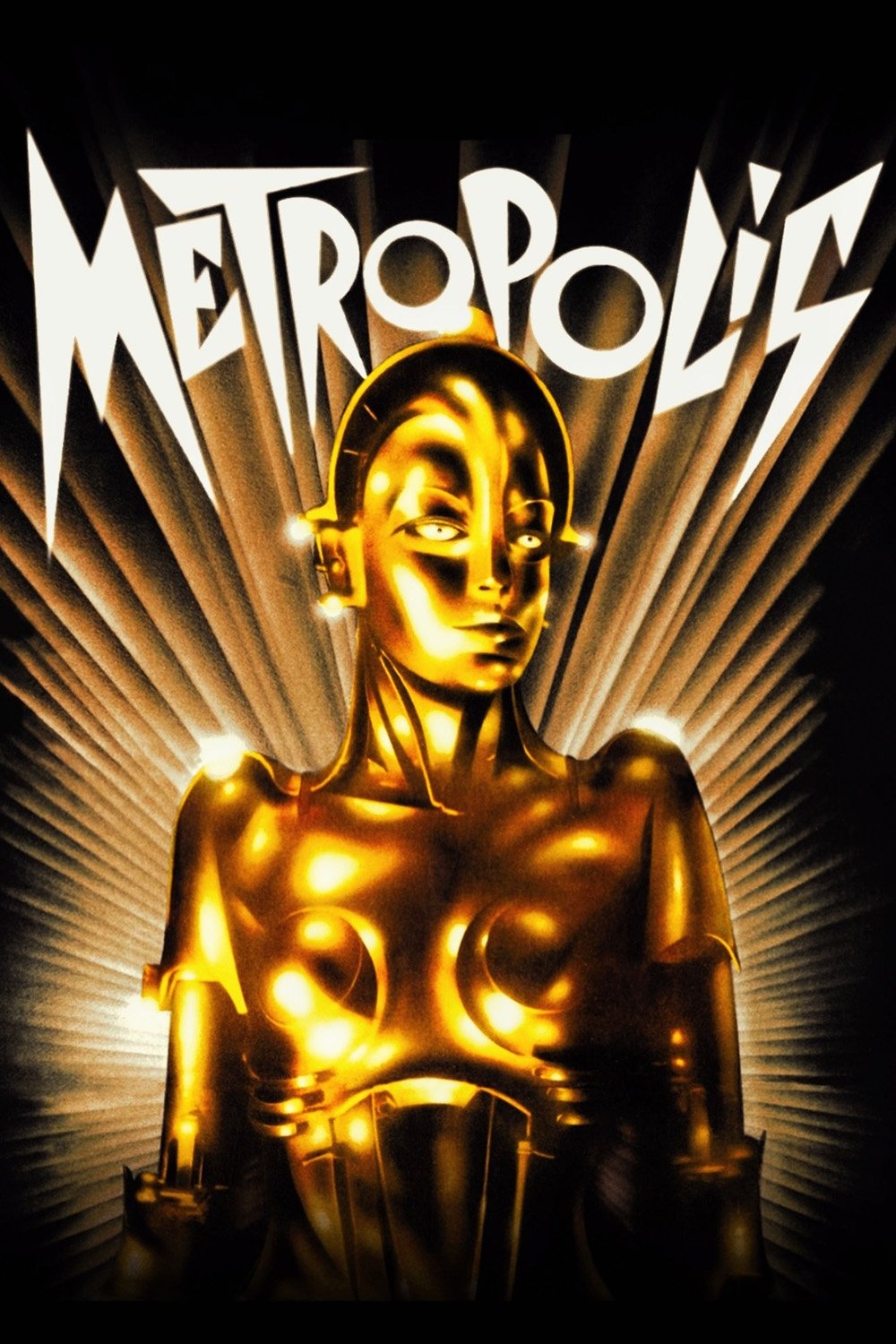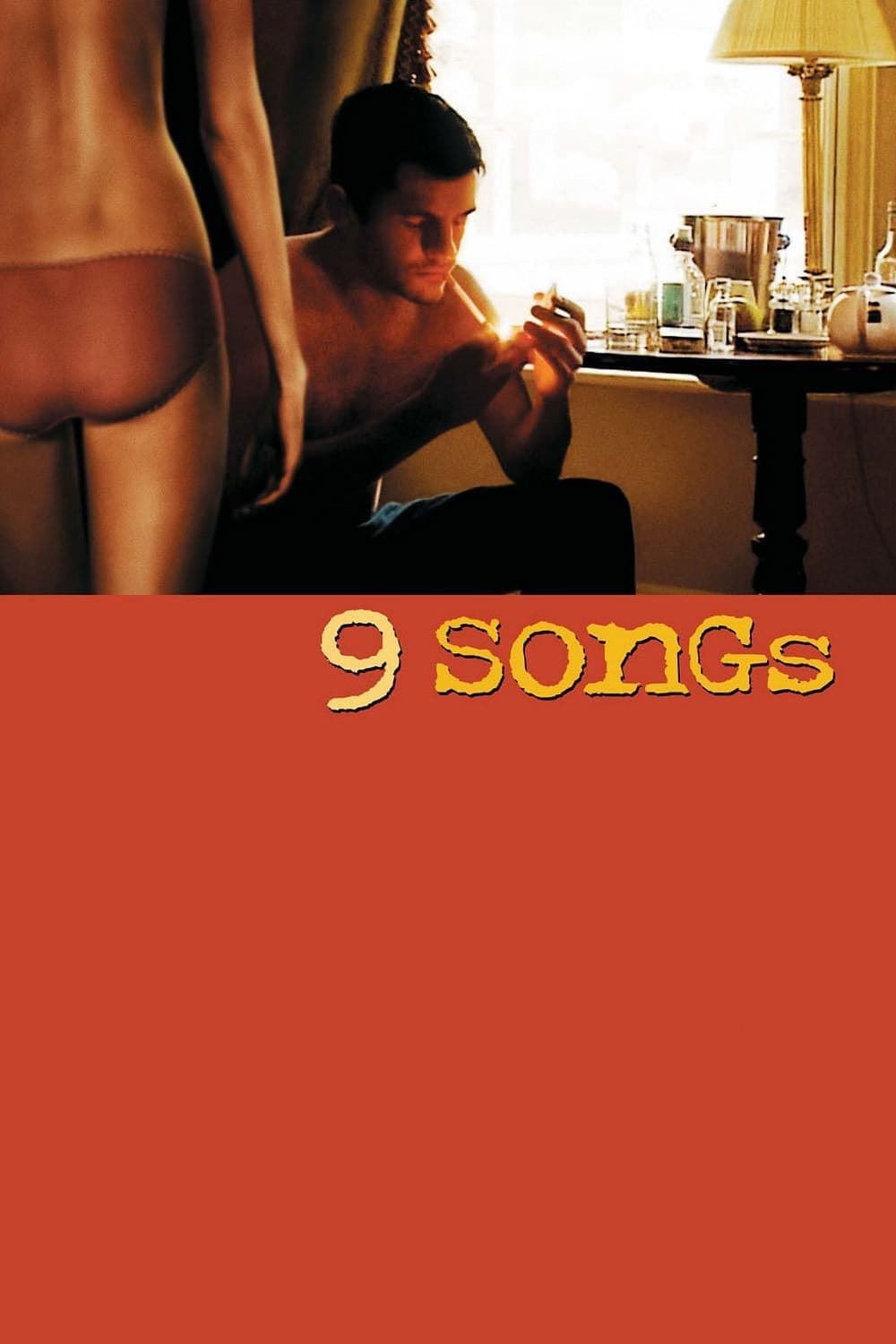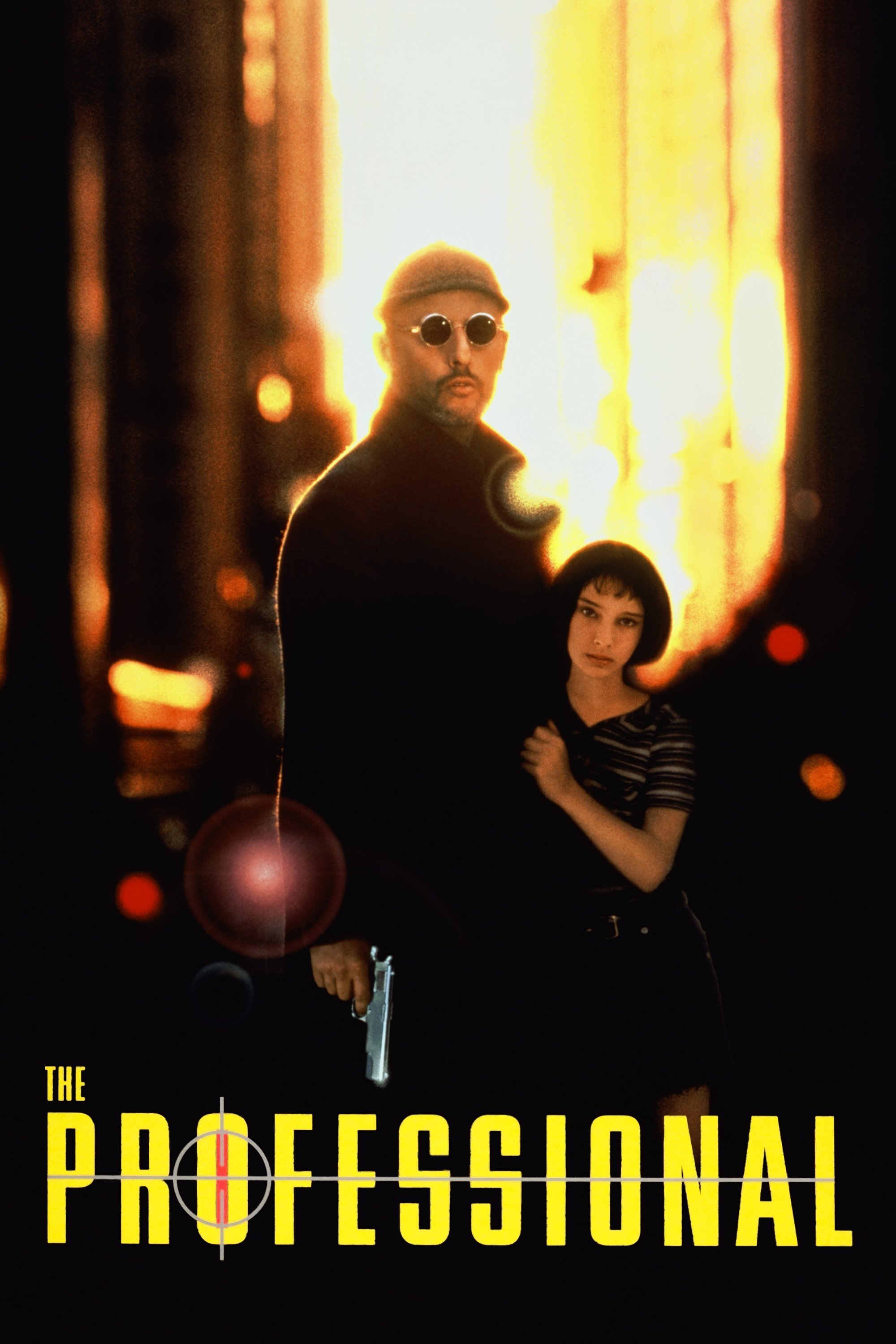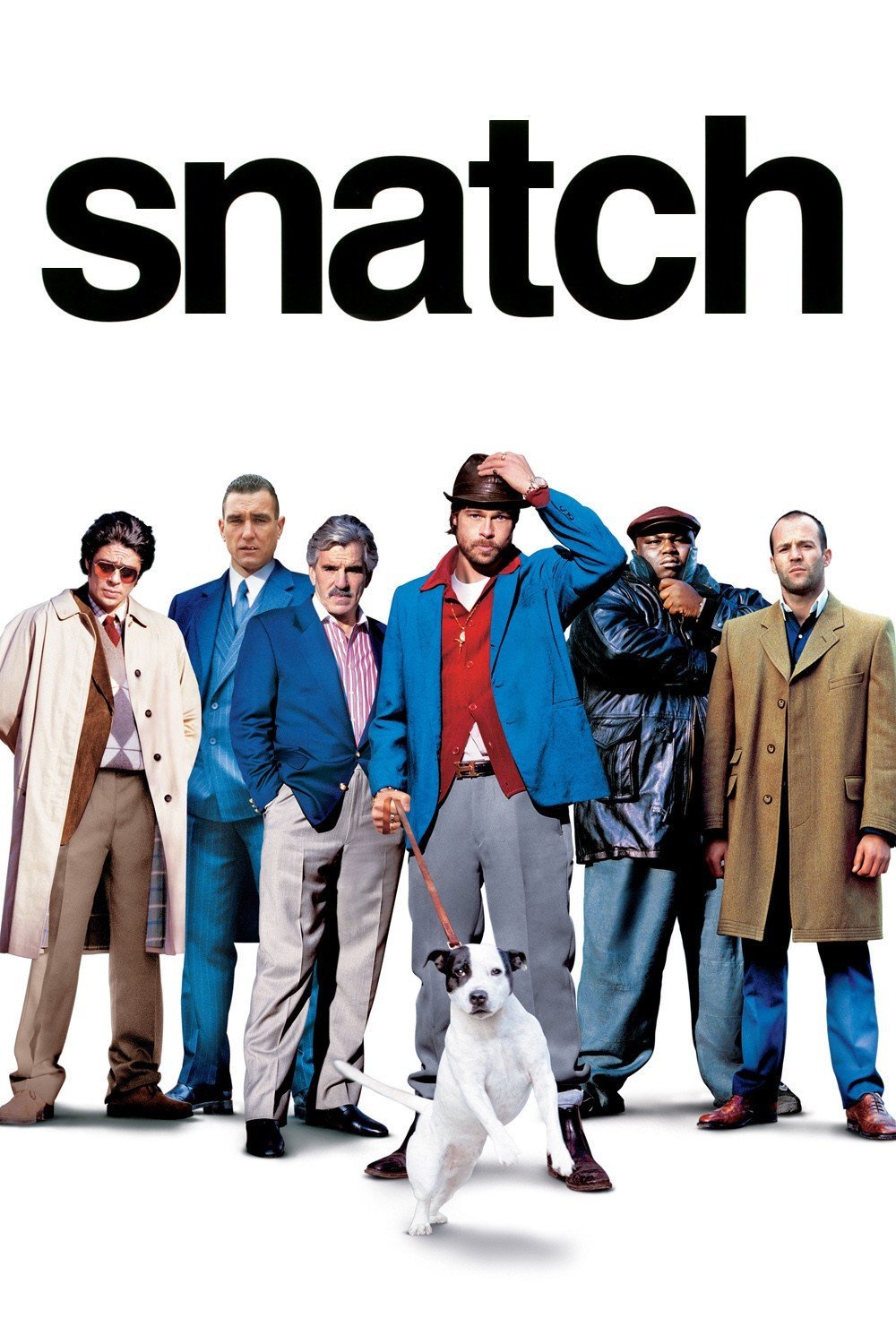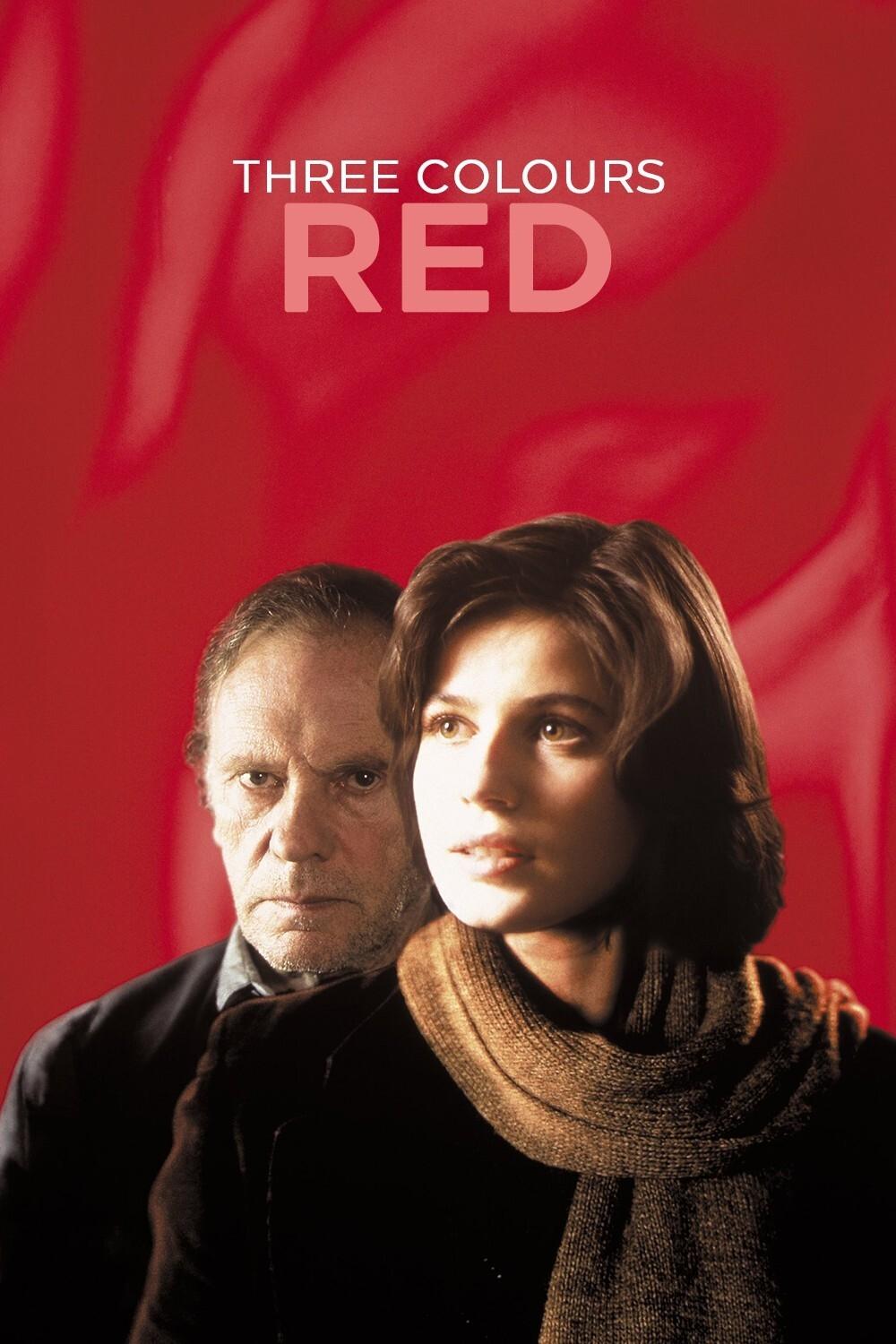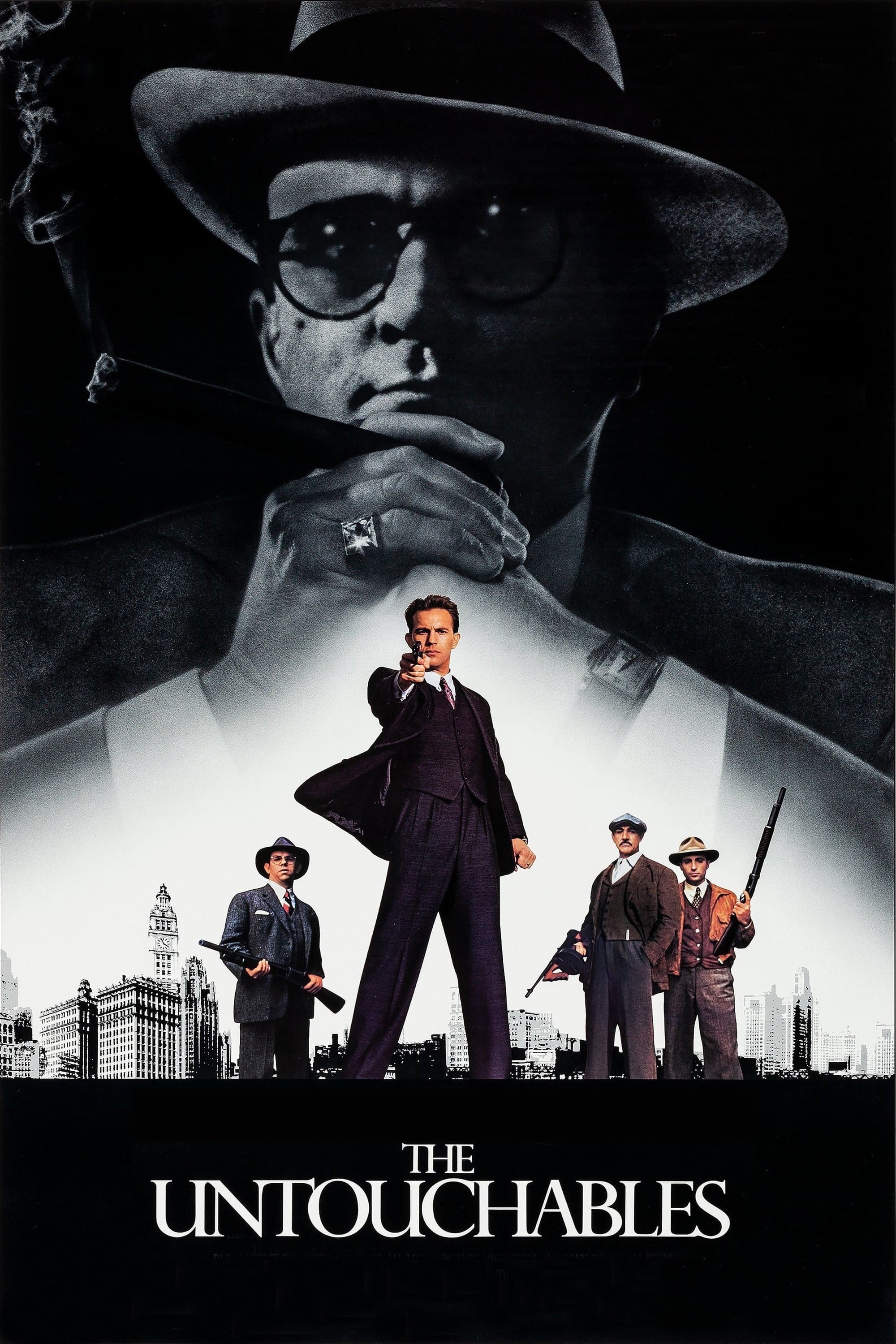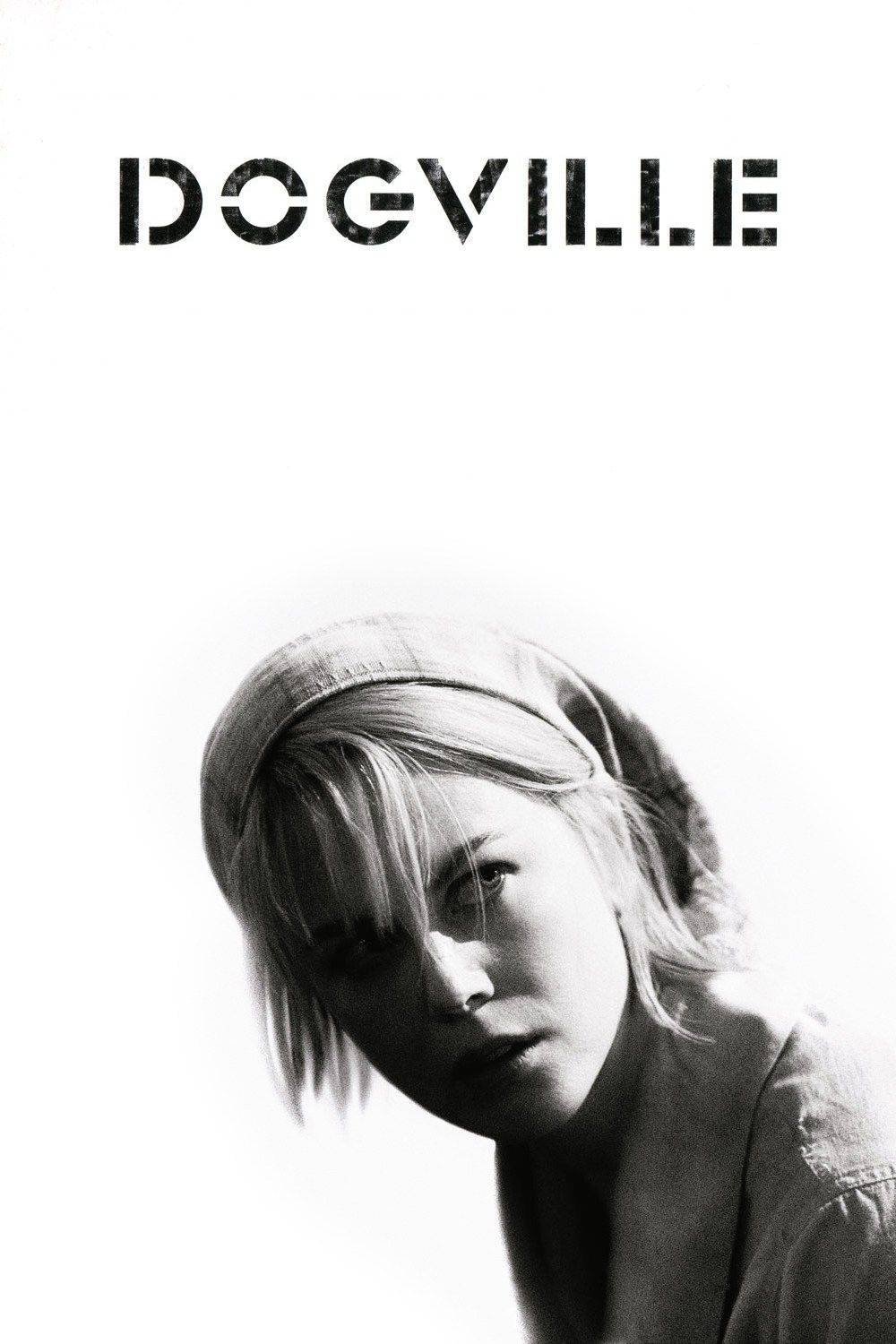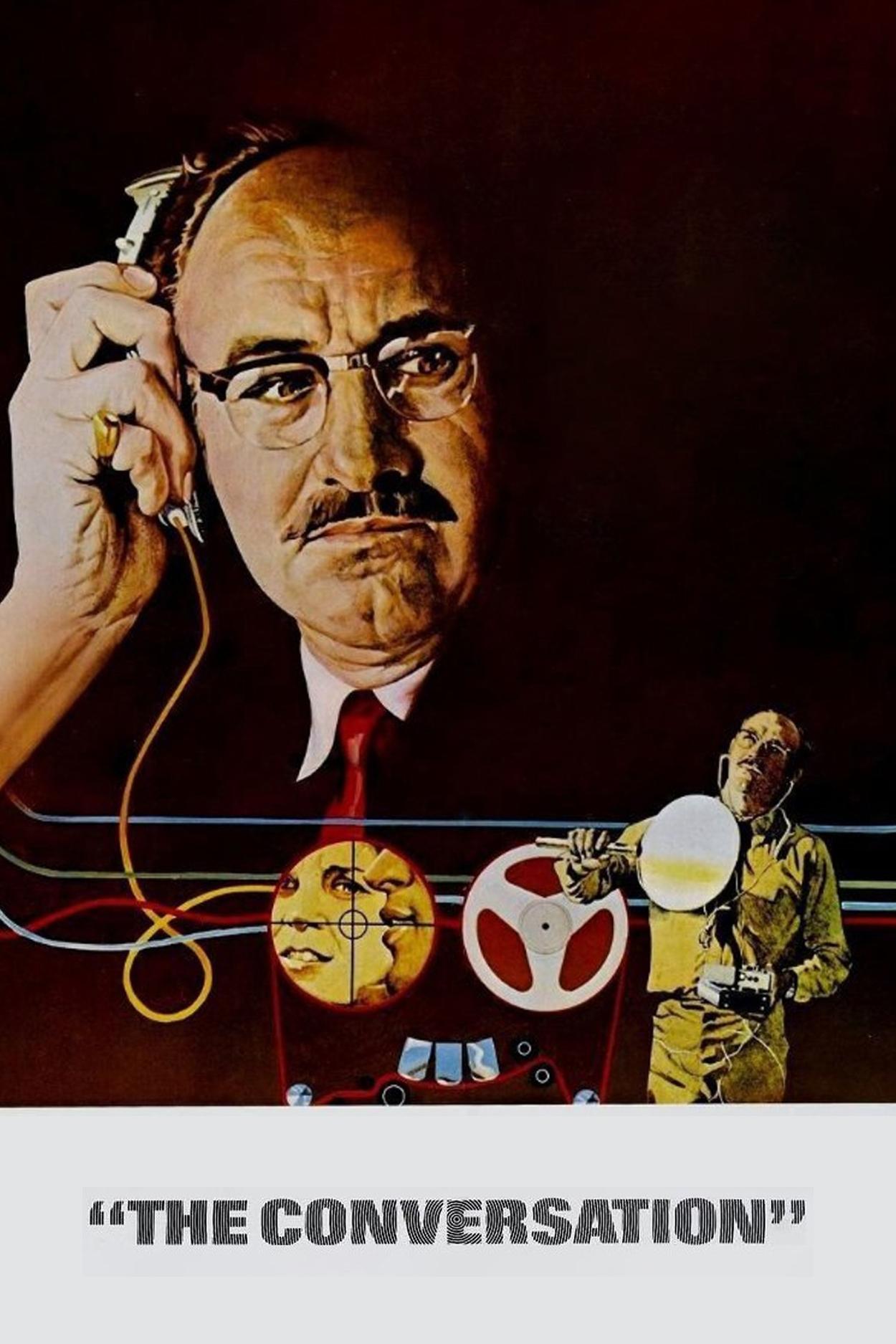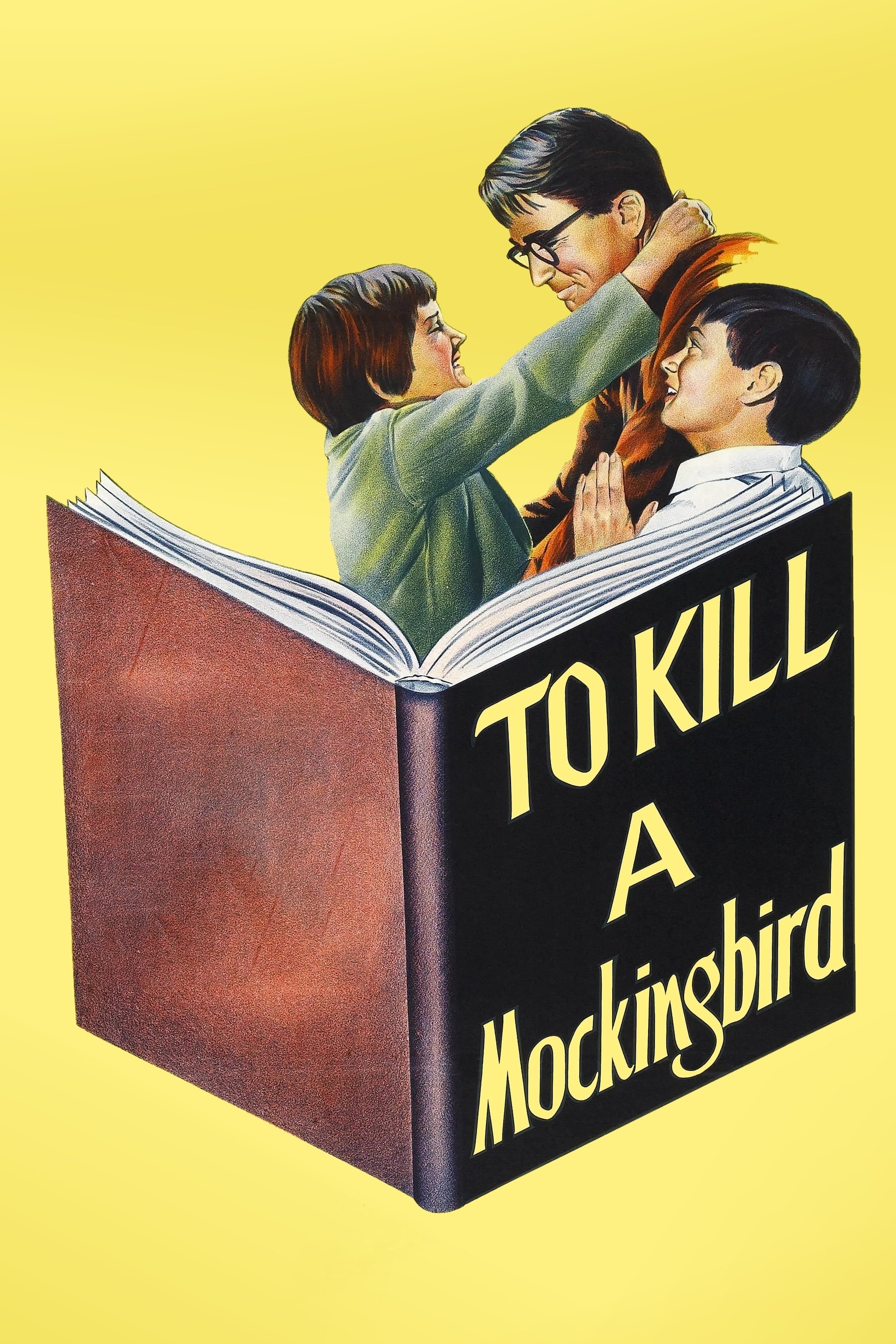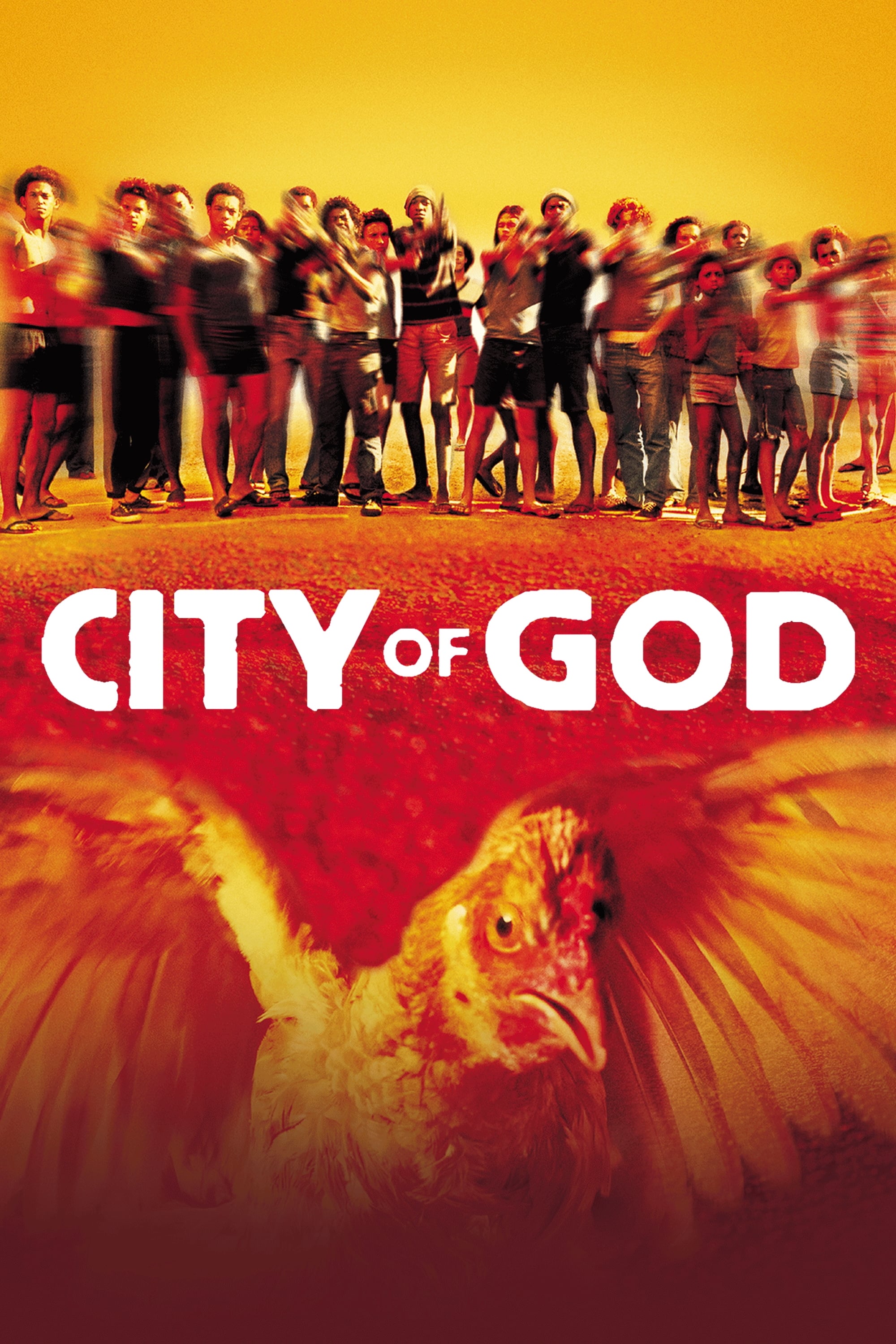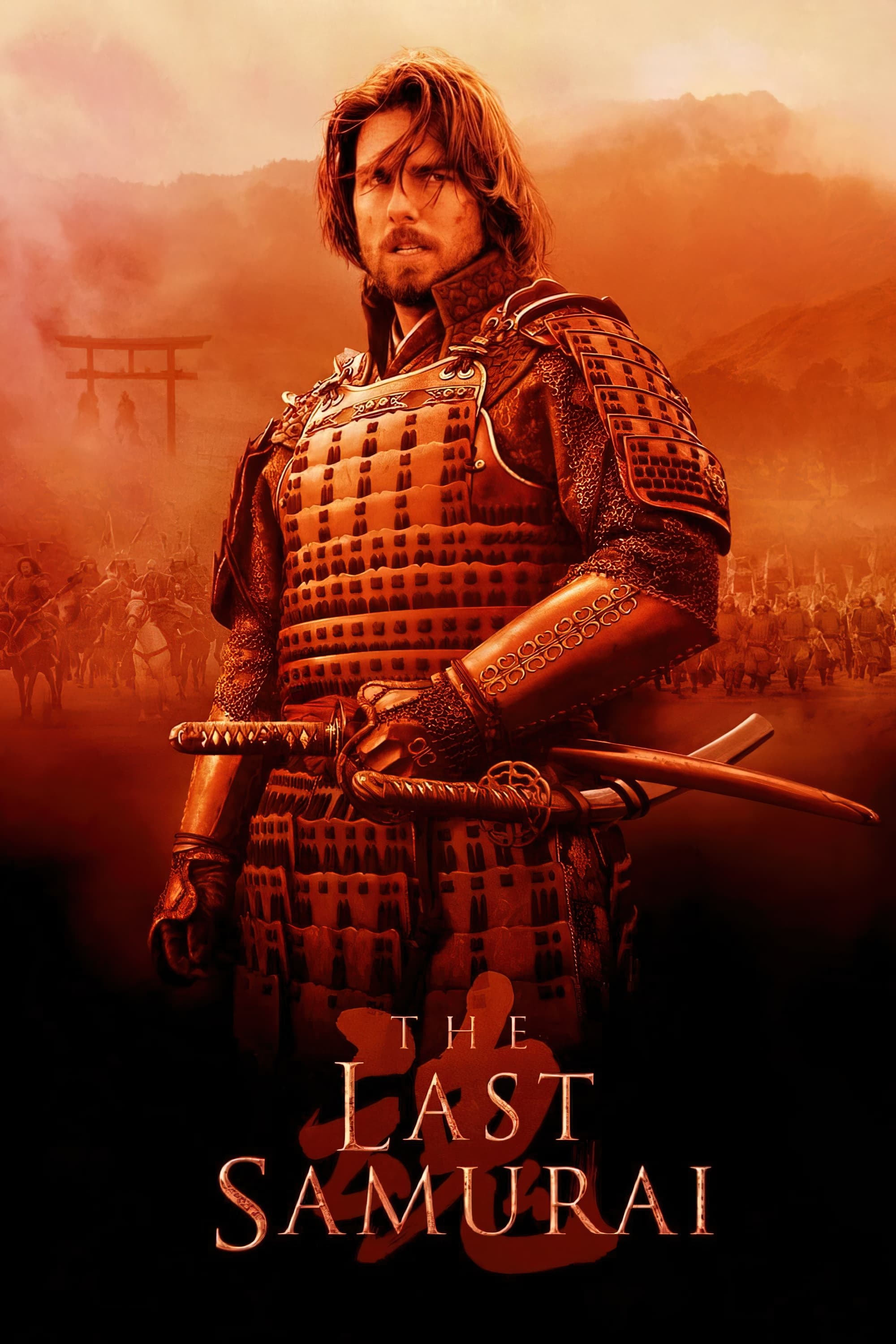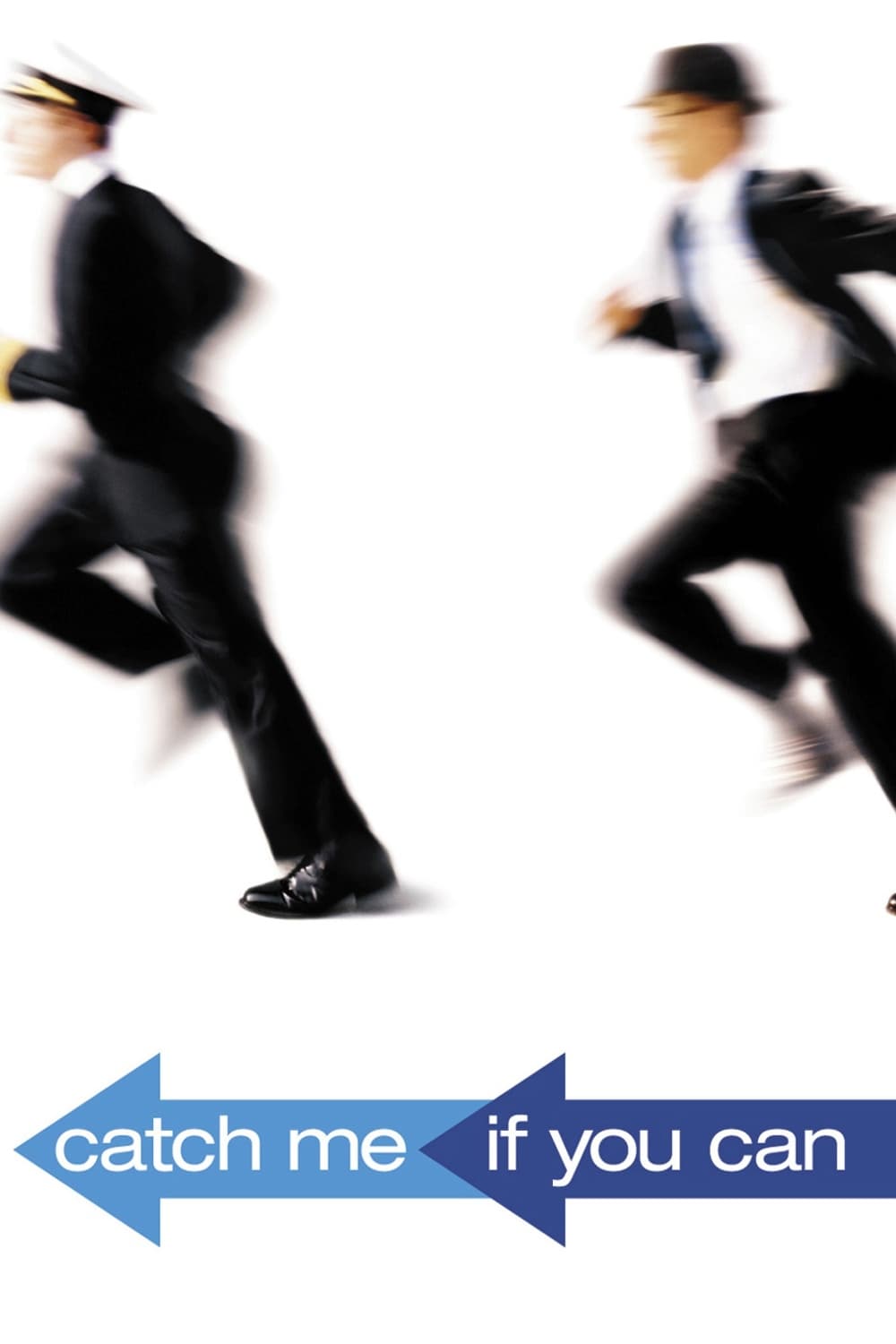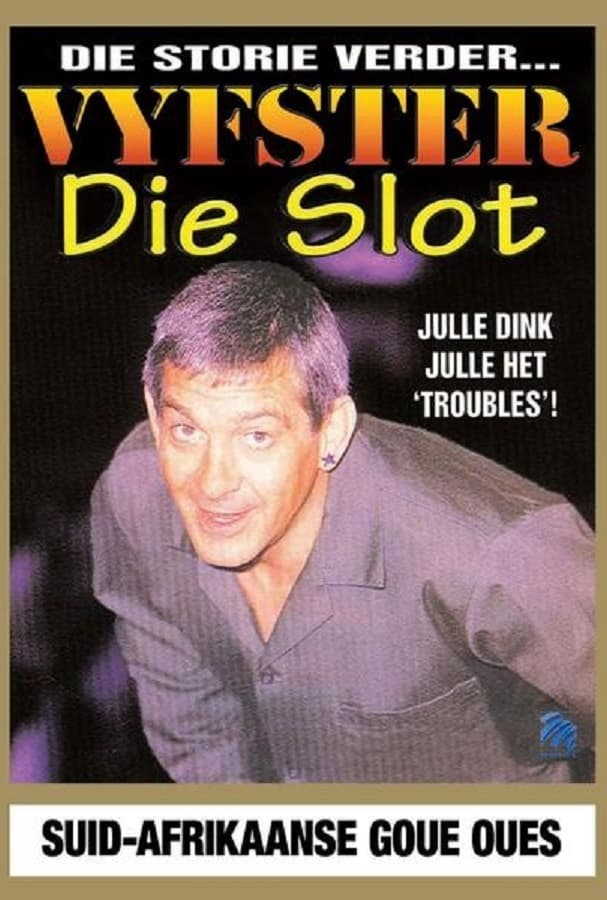Status
Released
original language
English
Budget
$ 100000000
Revenue
$ 214104620
Top Billed Cast
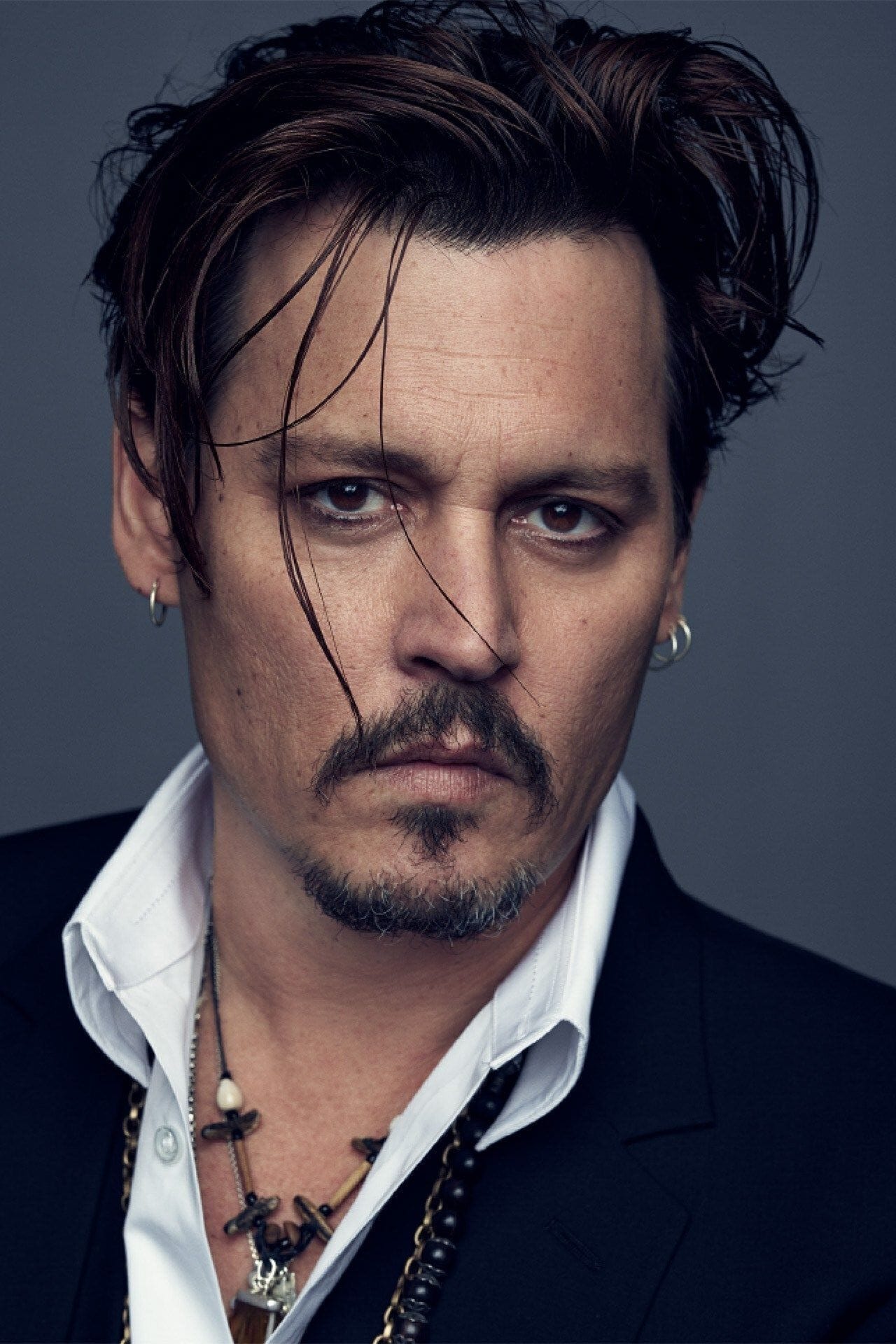
Johnny Depp
John Dillinger
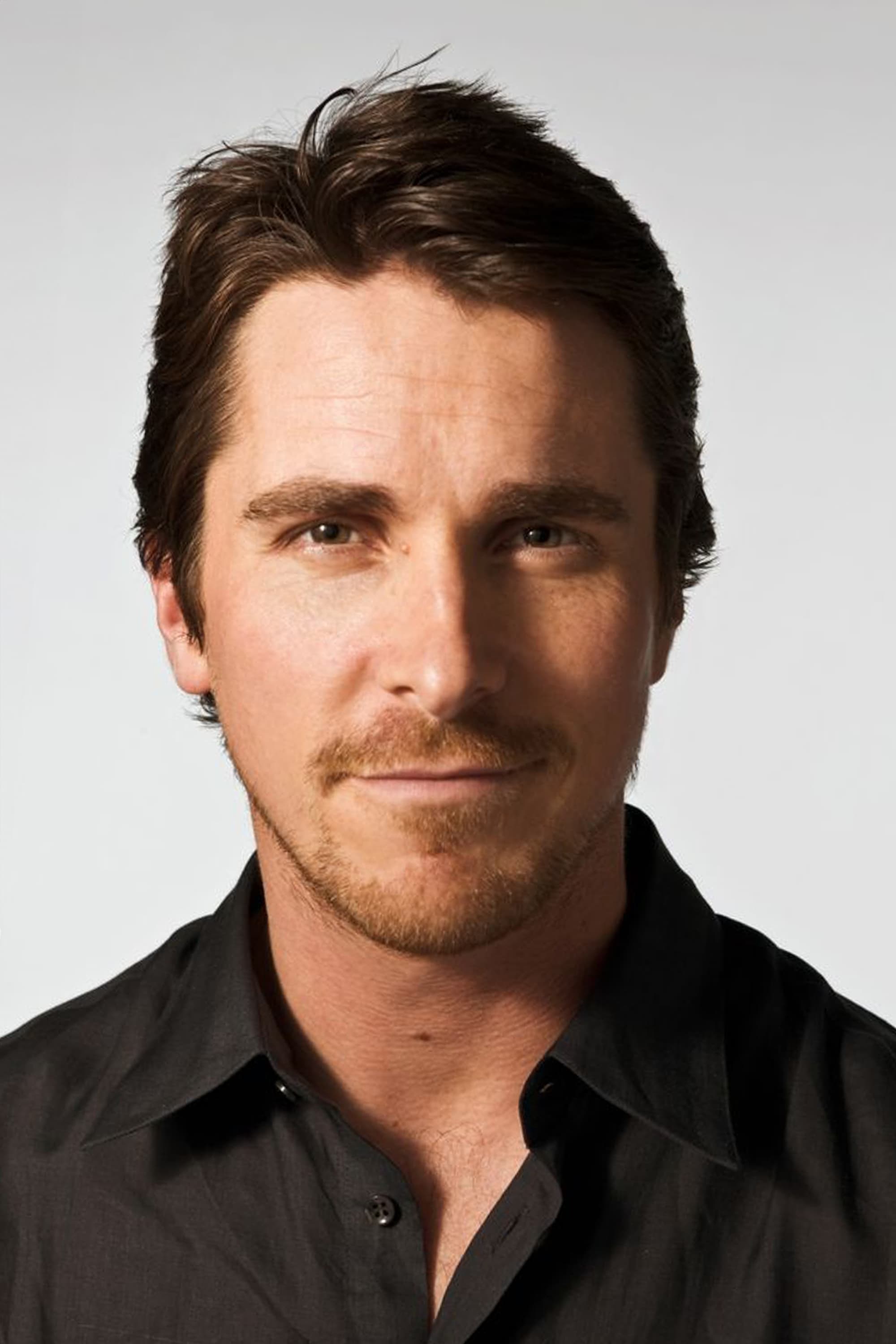
Christian Bale
Melvin Purvis

Marion Cotillard
Billie Frechette
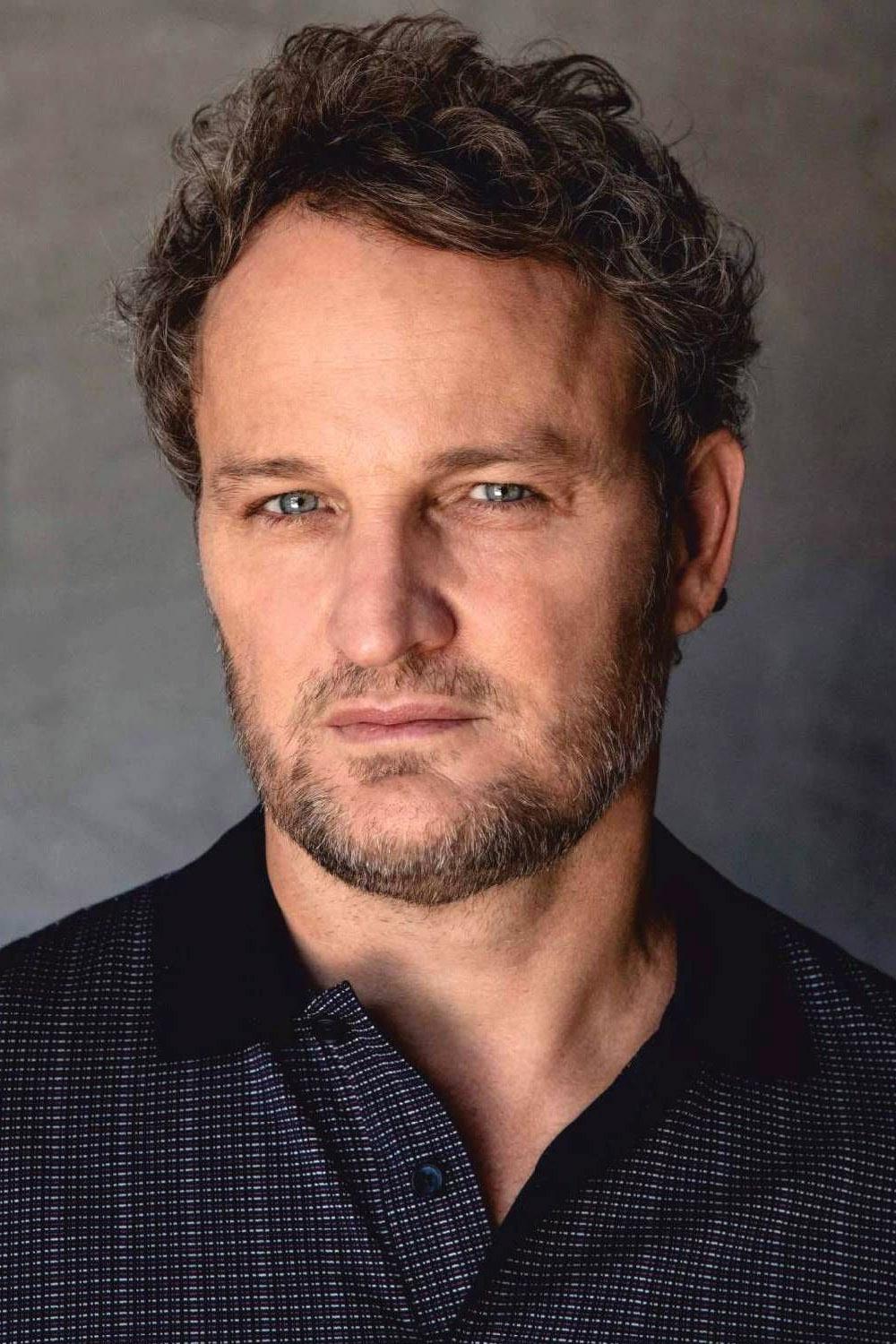
Jason Clarke
'Red' Hamilton
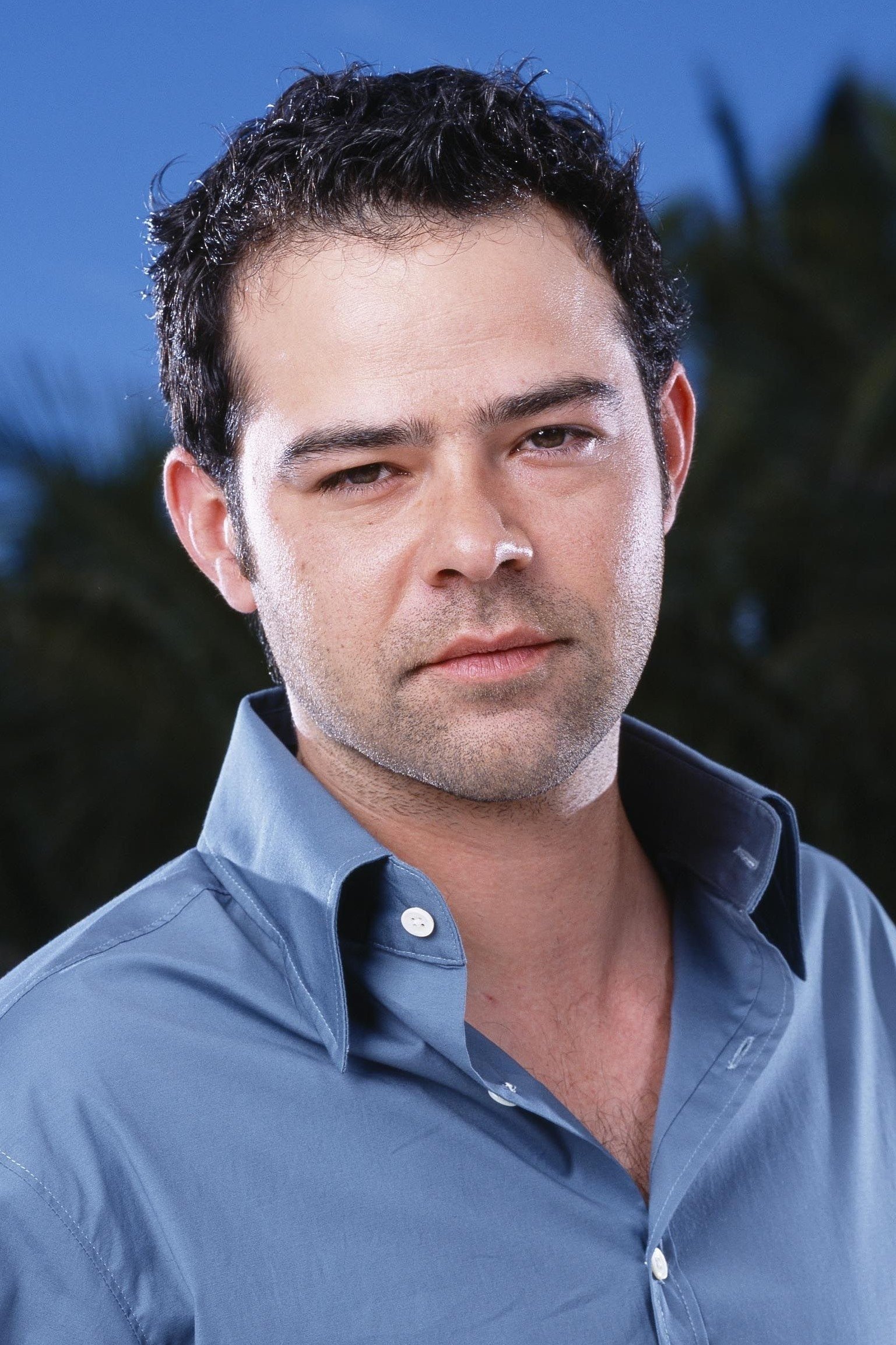
Rory Cochrane
Agent Carter Baum
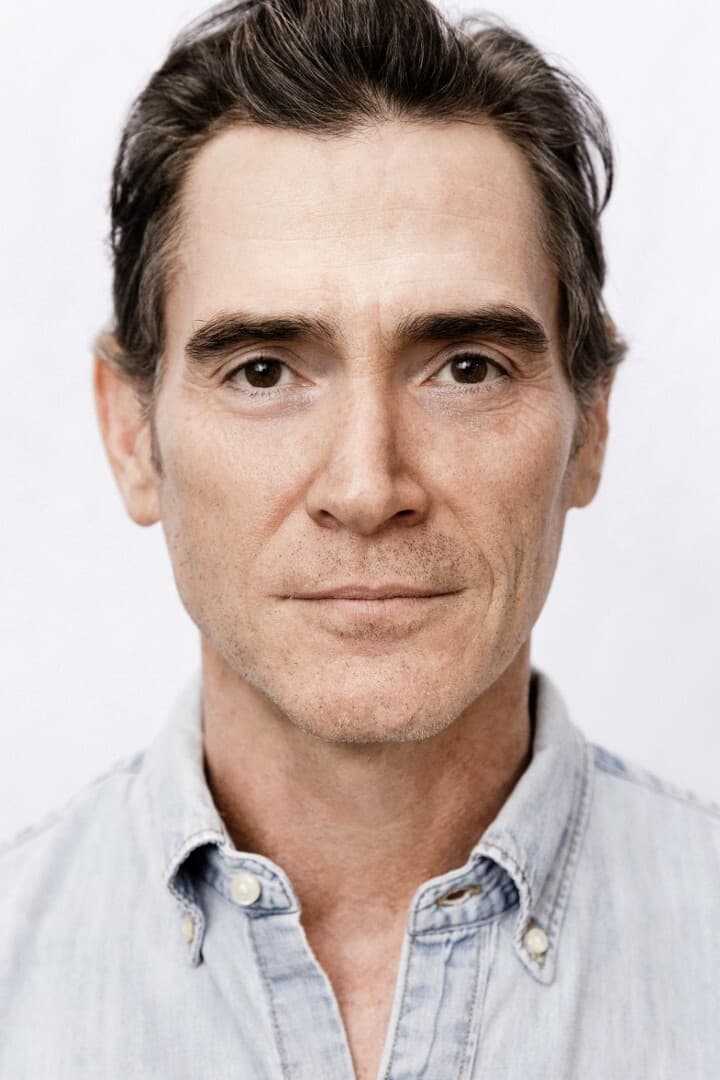
Billy Crudup
J. Edgar Hoover
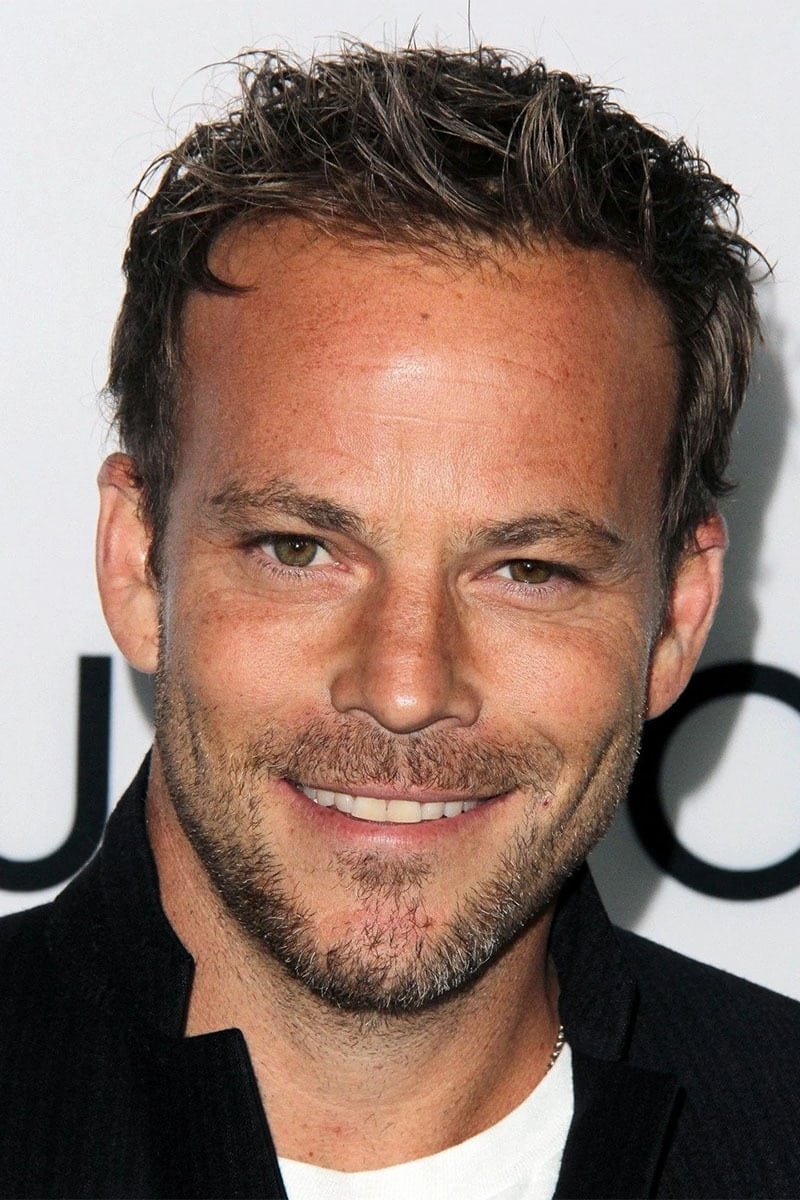
Stephen Dorff
Homer Van Meter

Stephen Lang
Charles Winstead
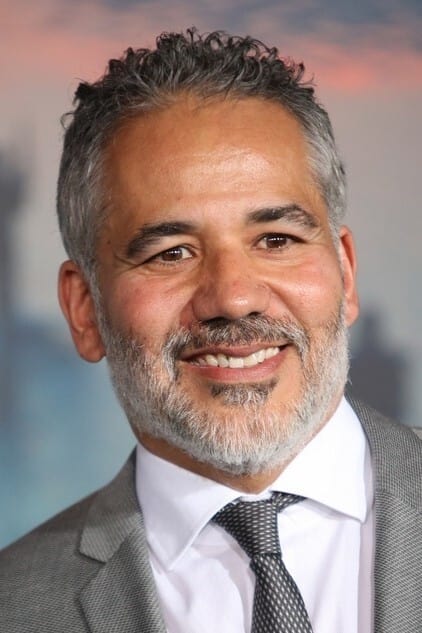
John Ortiz
Phil D'Andrea
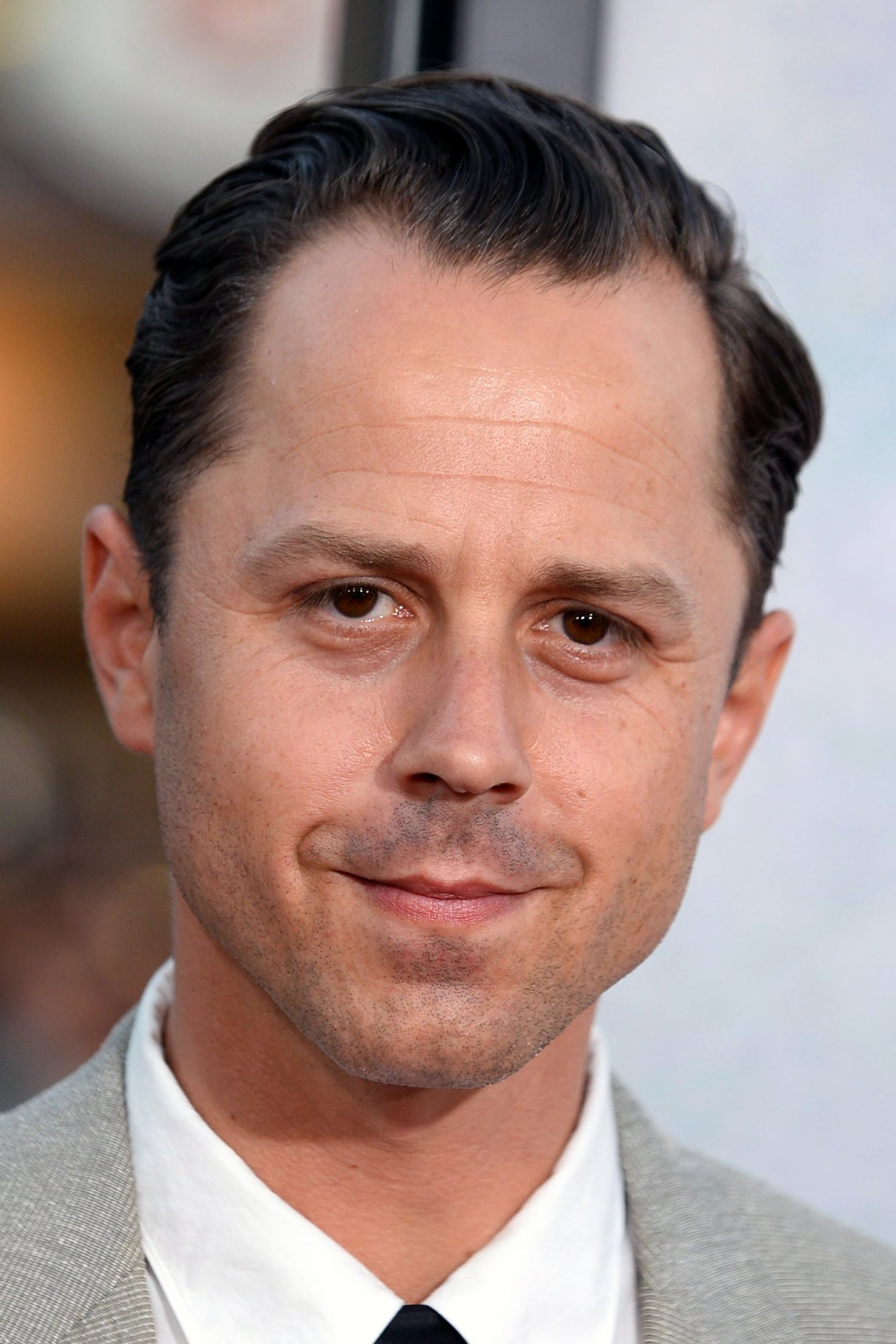
Giovanni Ribisi
Alvin Karpis

David Wenham
Harry 'Pete' Pierpont
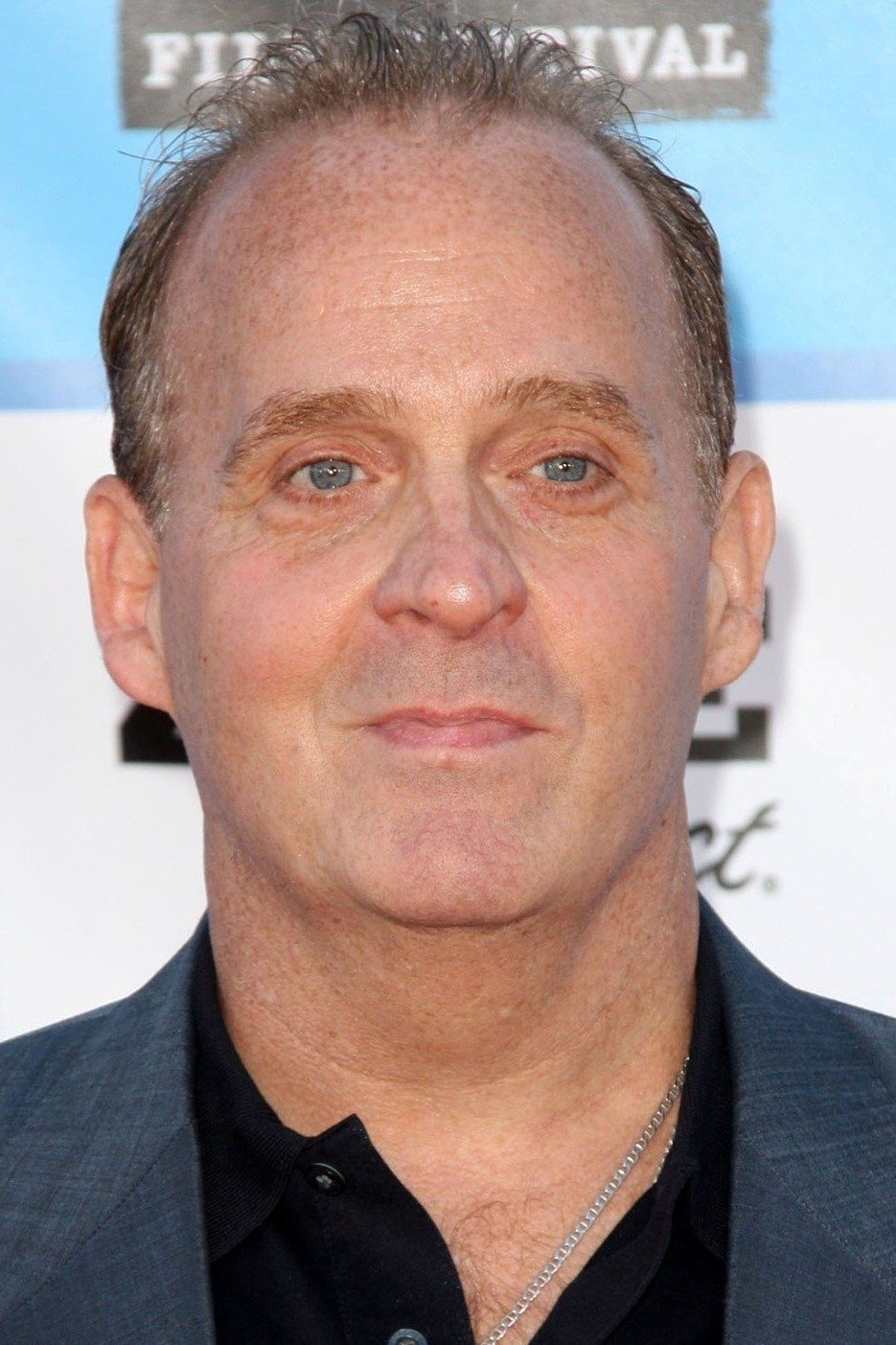
John Michael Bolger
Martin Zarkovich

Bill Camp
Frank Nitti
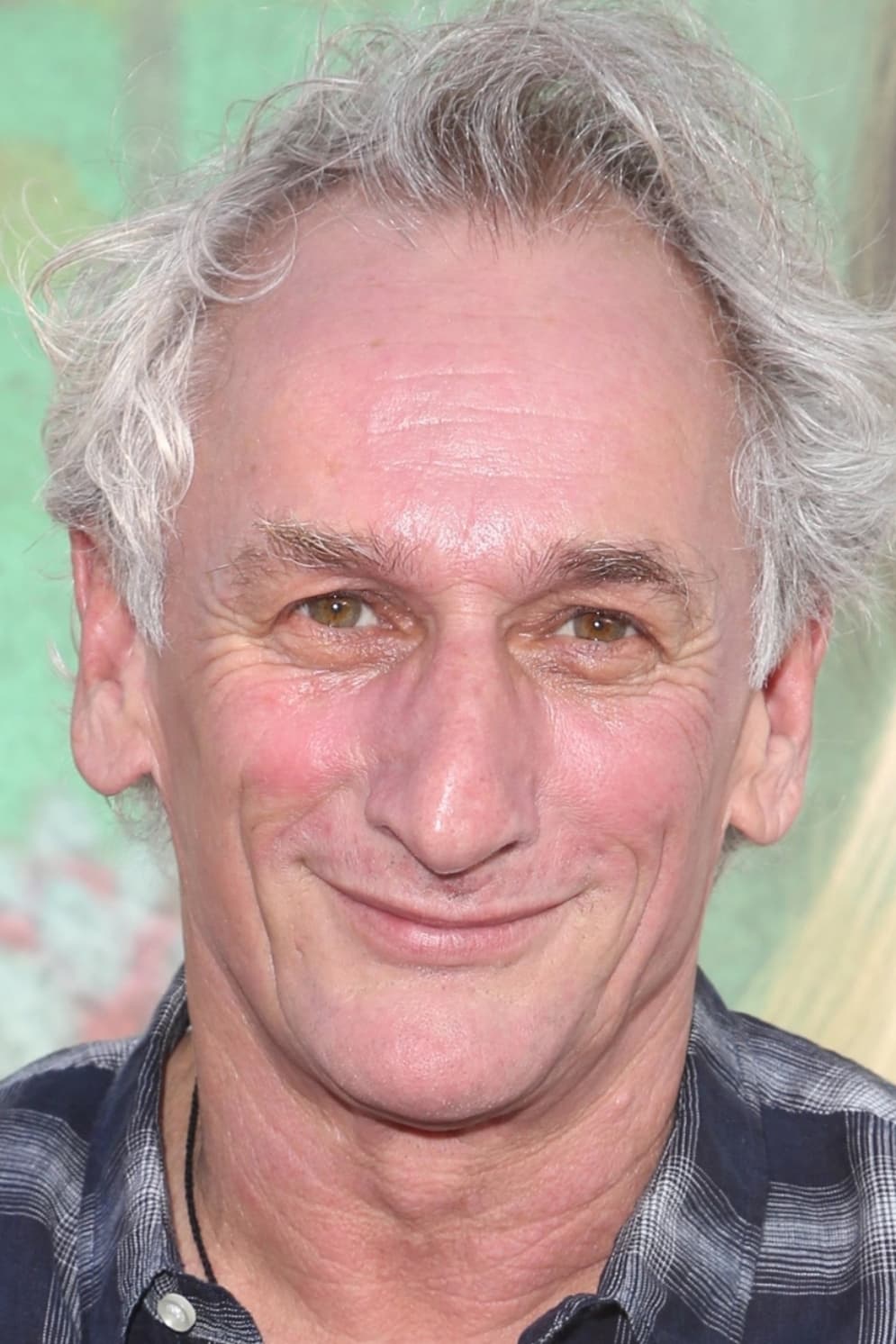
Matt Craven
Gerry Campbell
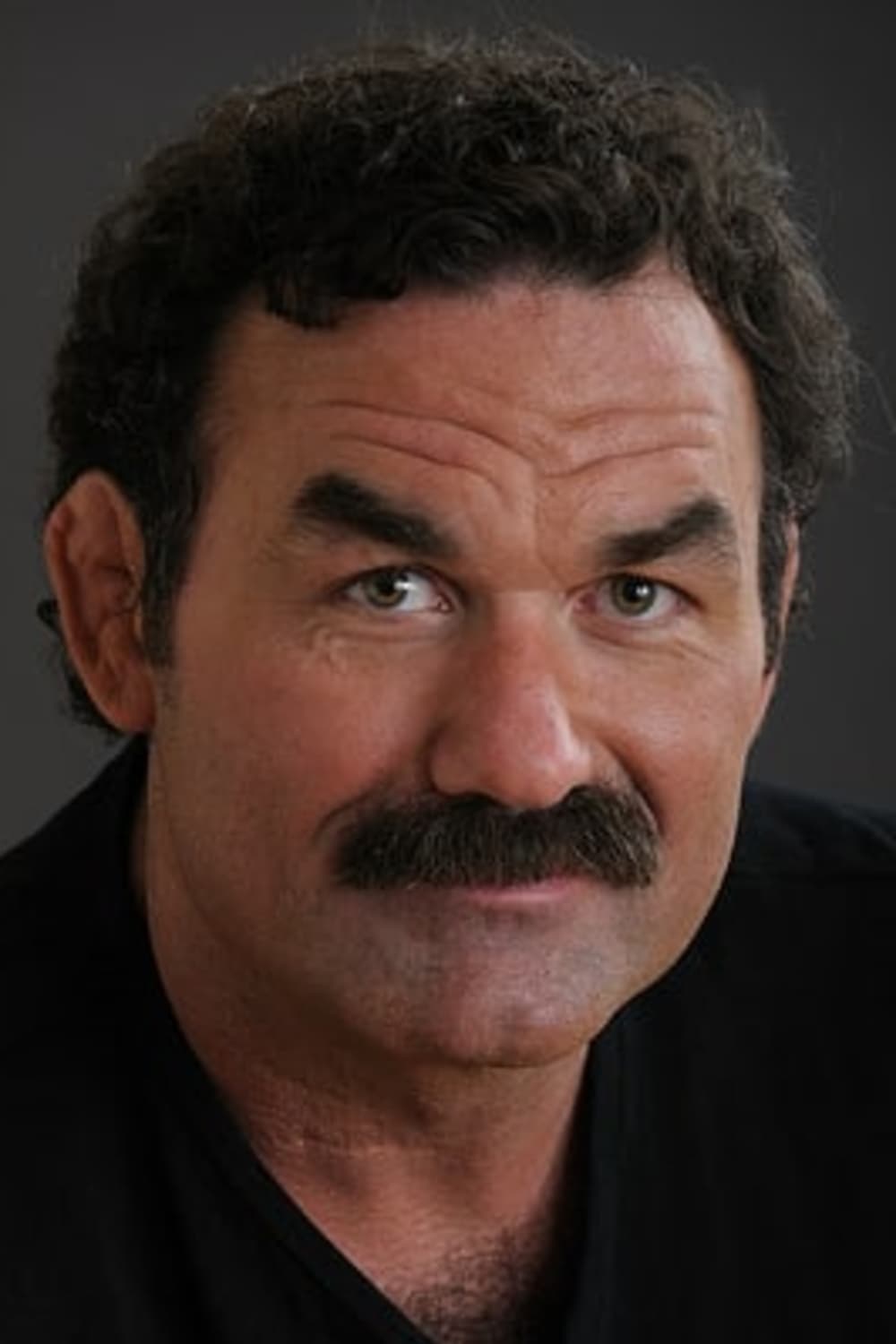
Don Frye
Clarence Hurt

Christian Stolte
Charles Makley
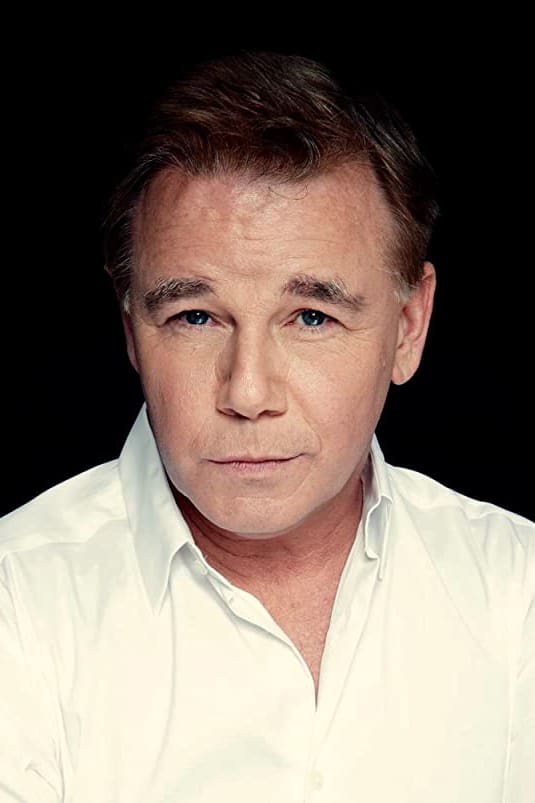
Spencer Garrett
Tommy Carroll
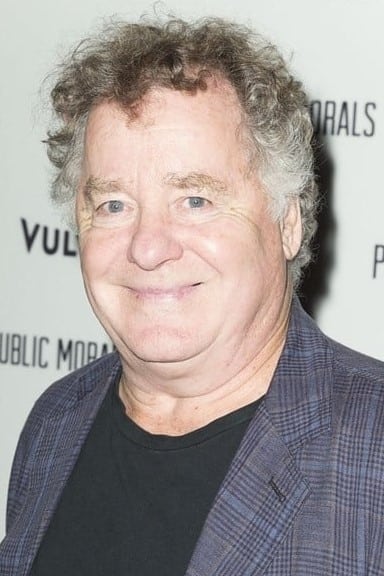
Peter Gerety
Louis Piquett
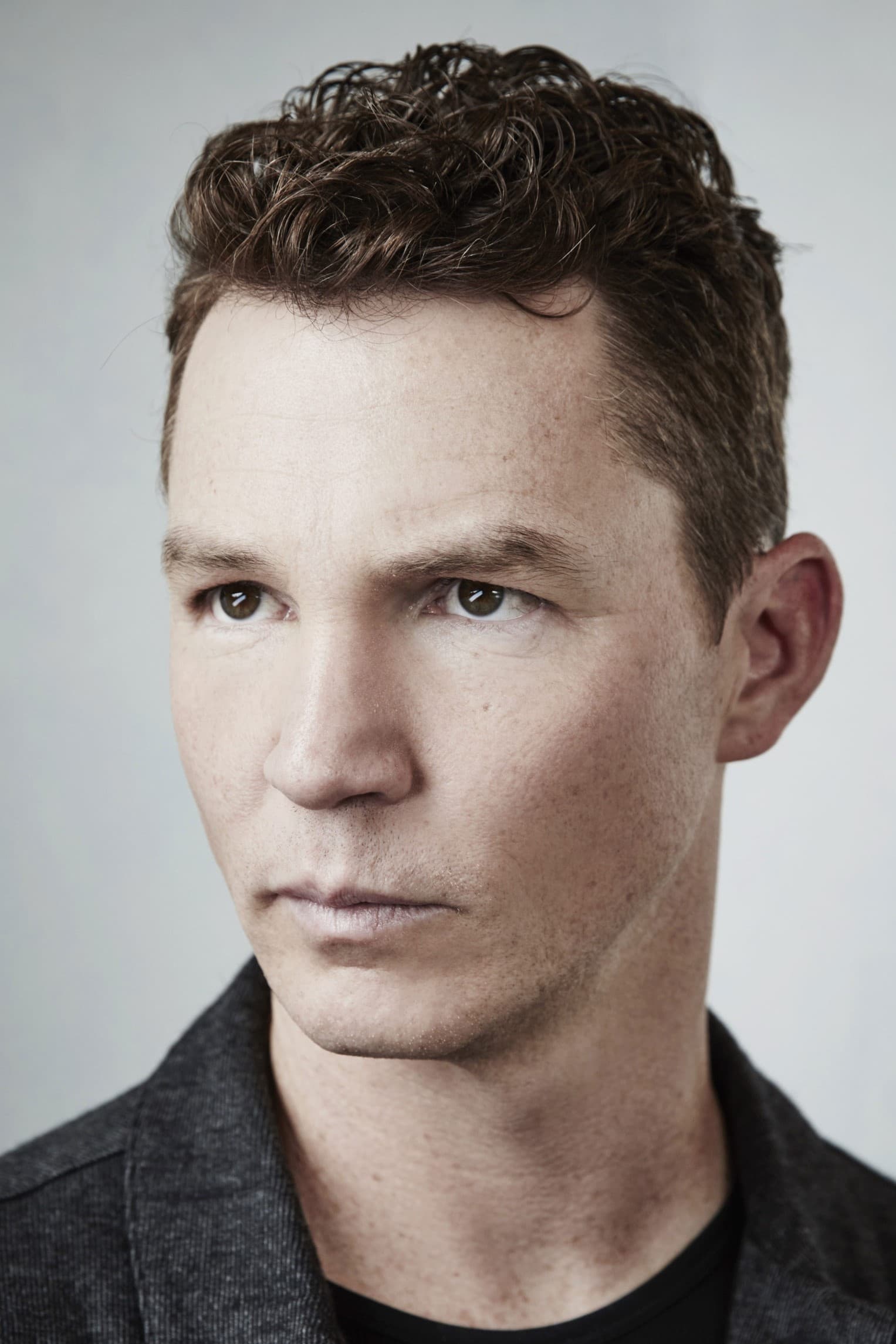
Shawn Hatosy
Agent John Madala

Stephen Graham
Baby Face Nelson

John Hoogenakker
Agent Hugh Clegg

Branka Katić
Anna Sage

Domenick Lombardozzi
Gilbert Catena

Emilie de Ravin
Anna Patzke

Leelee Sobieski
Polly Hamilton
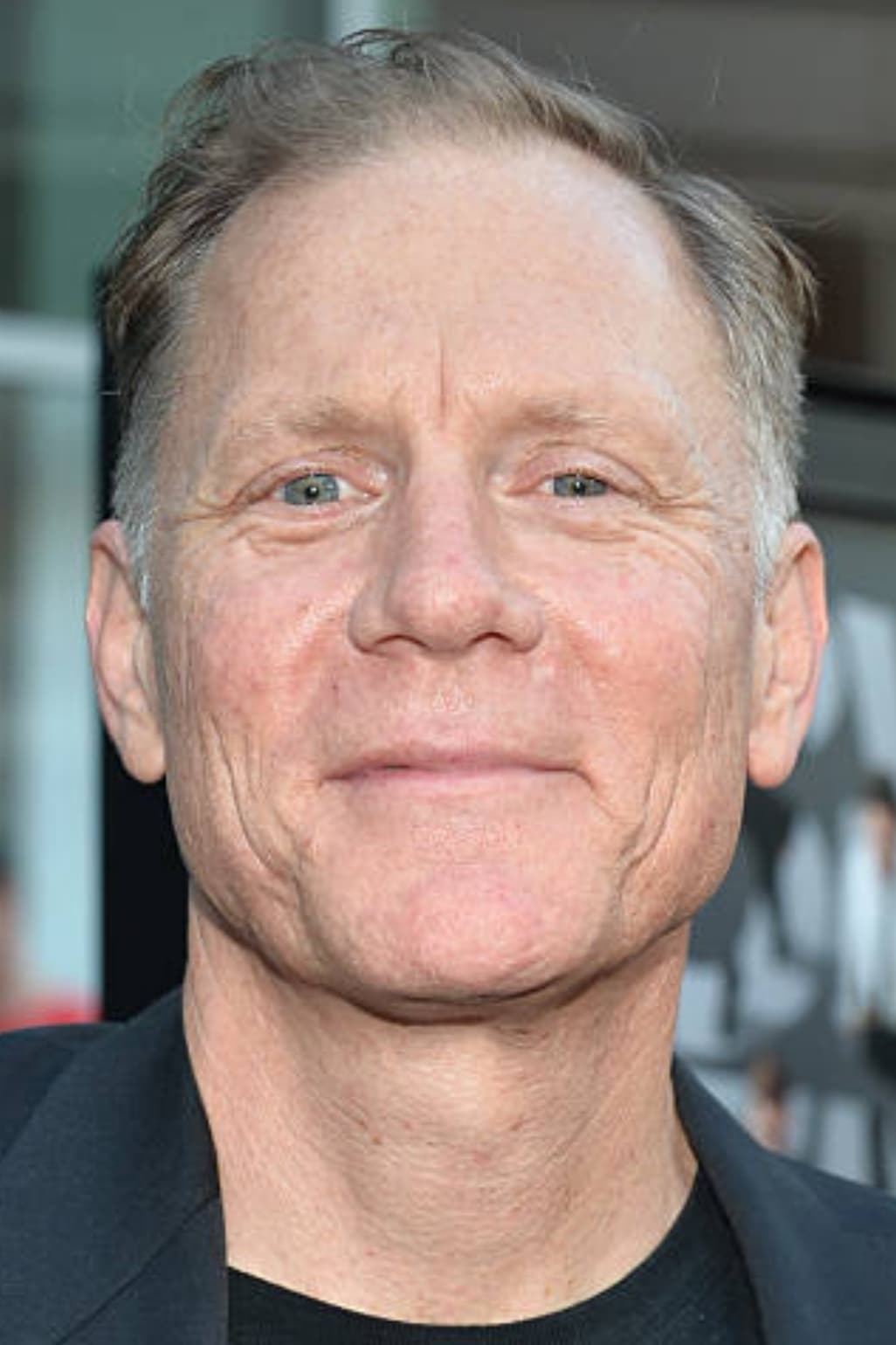
David Warshofsky
Warden Baker

Carey Mulligan
Carol Slayman
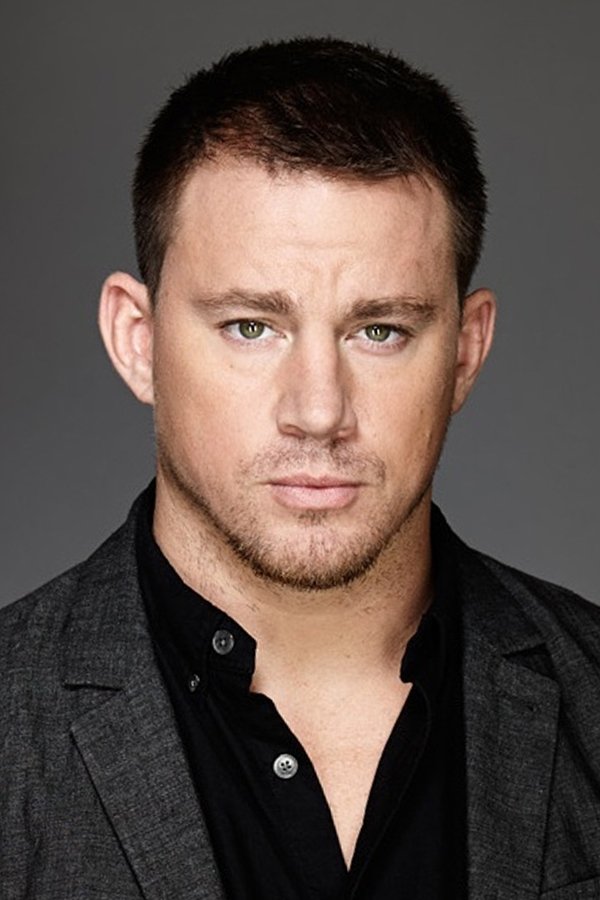
Channing Tatum
Pretty Boy Floyd
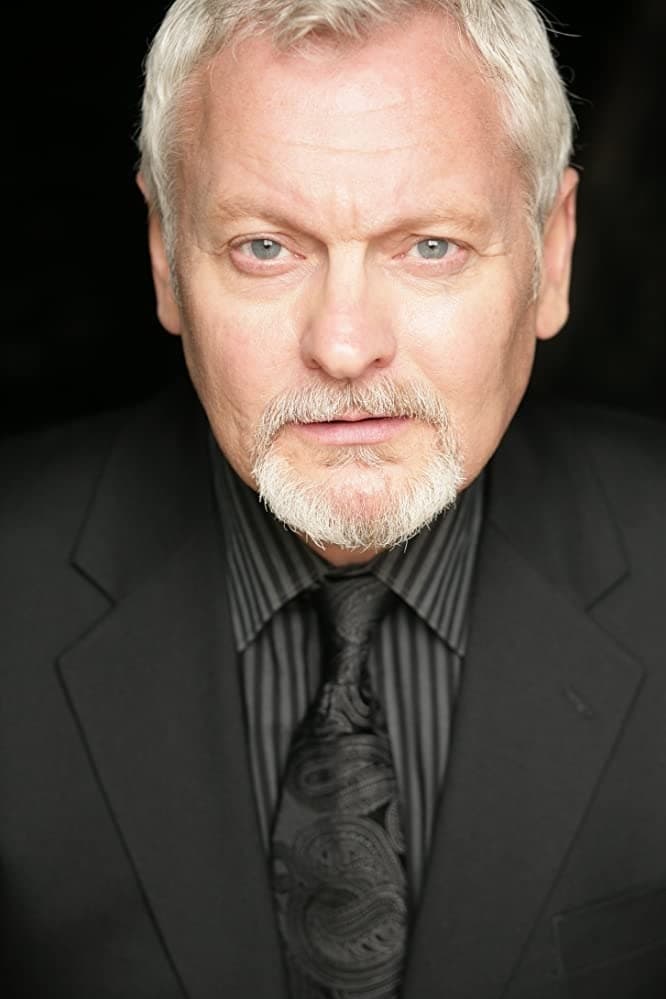
John Judd
Turnkey

Michael Vieau
Ed Shouse

John Kishline
Guard Dainard
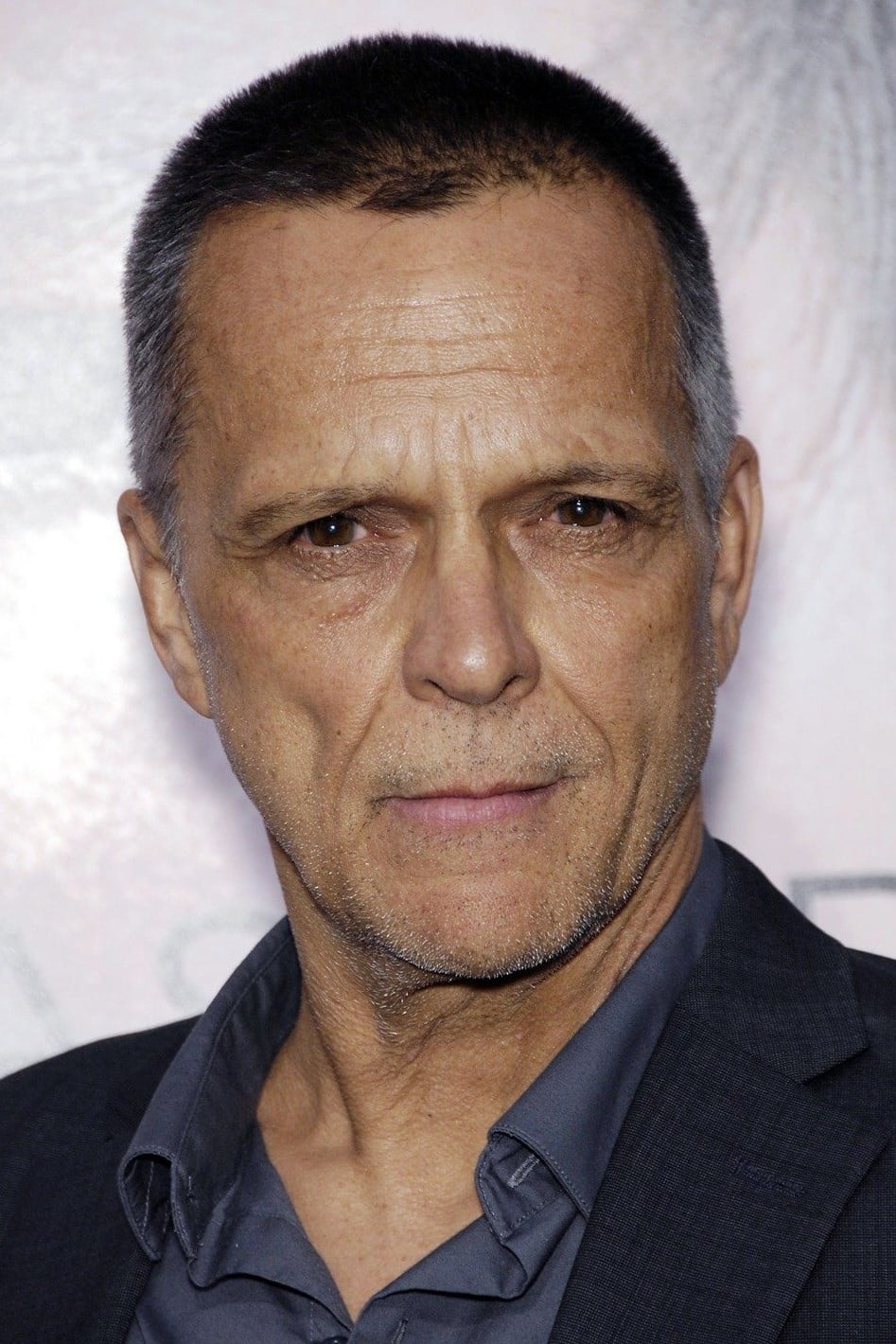
James Russo
Walter Dietrich

Wesley Walker
Jim Leslie

John Scherp
Earl Adams

Elena Kenney
Viola Norris

William Nero Jr.
Toddler on Farm

Madison Dirks
Agent Warren Barton

Len Bajenski
Police Chief Fultz

Adam Clark
Sport
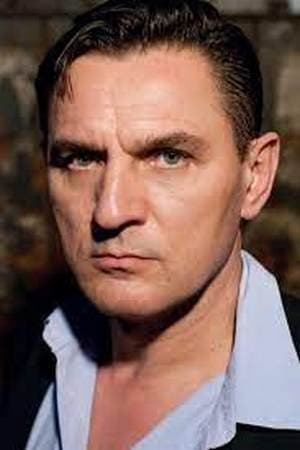
Andrzej Krukowski
Oscar Lieboldt
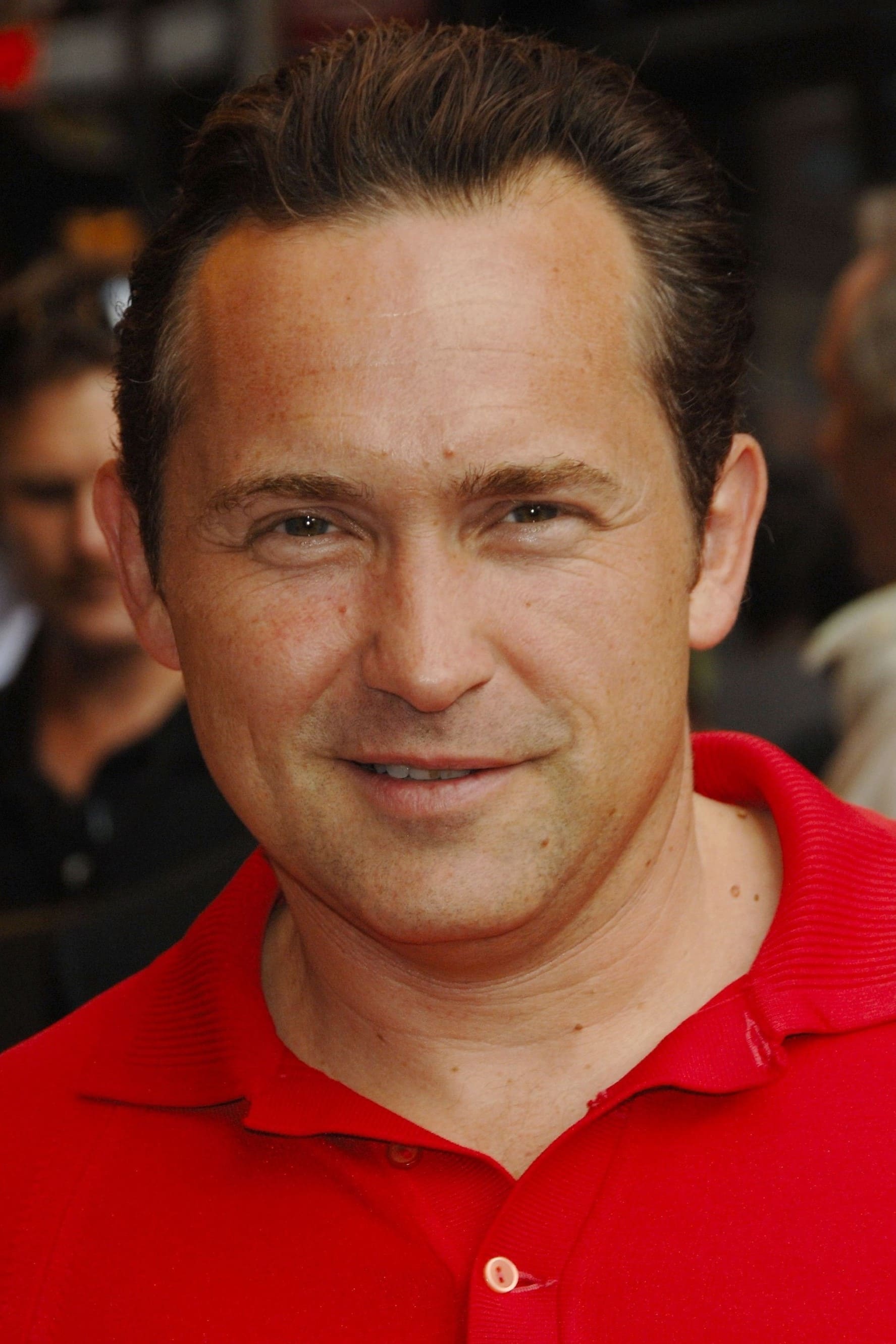
Casey Siemaszko
Harry Berman
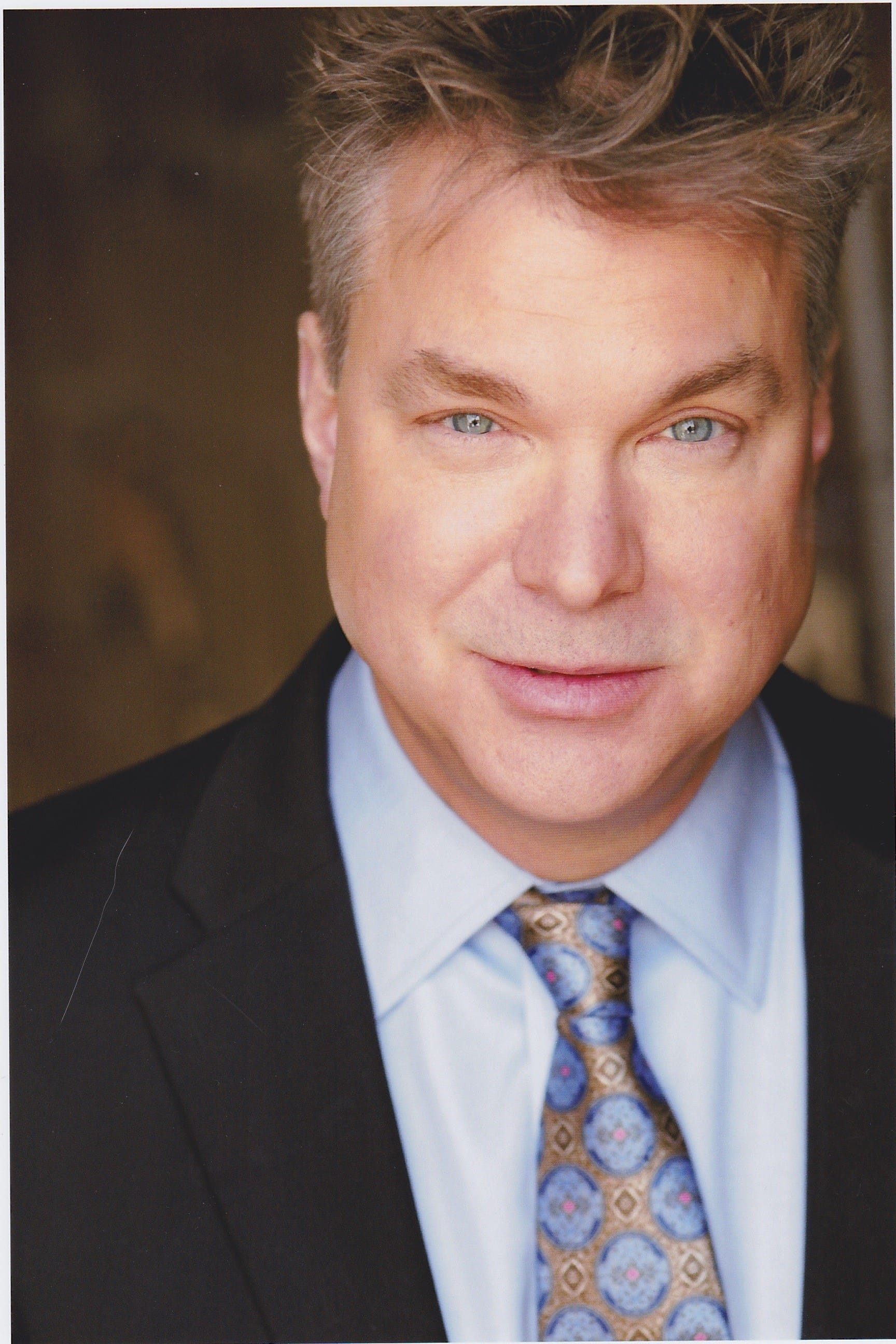
Peter DeFaria
Grover Weyland

Jonathan Macchi
Tellers
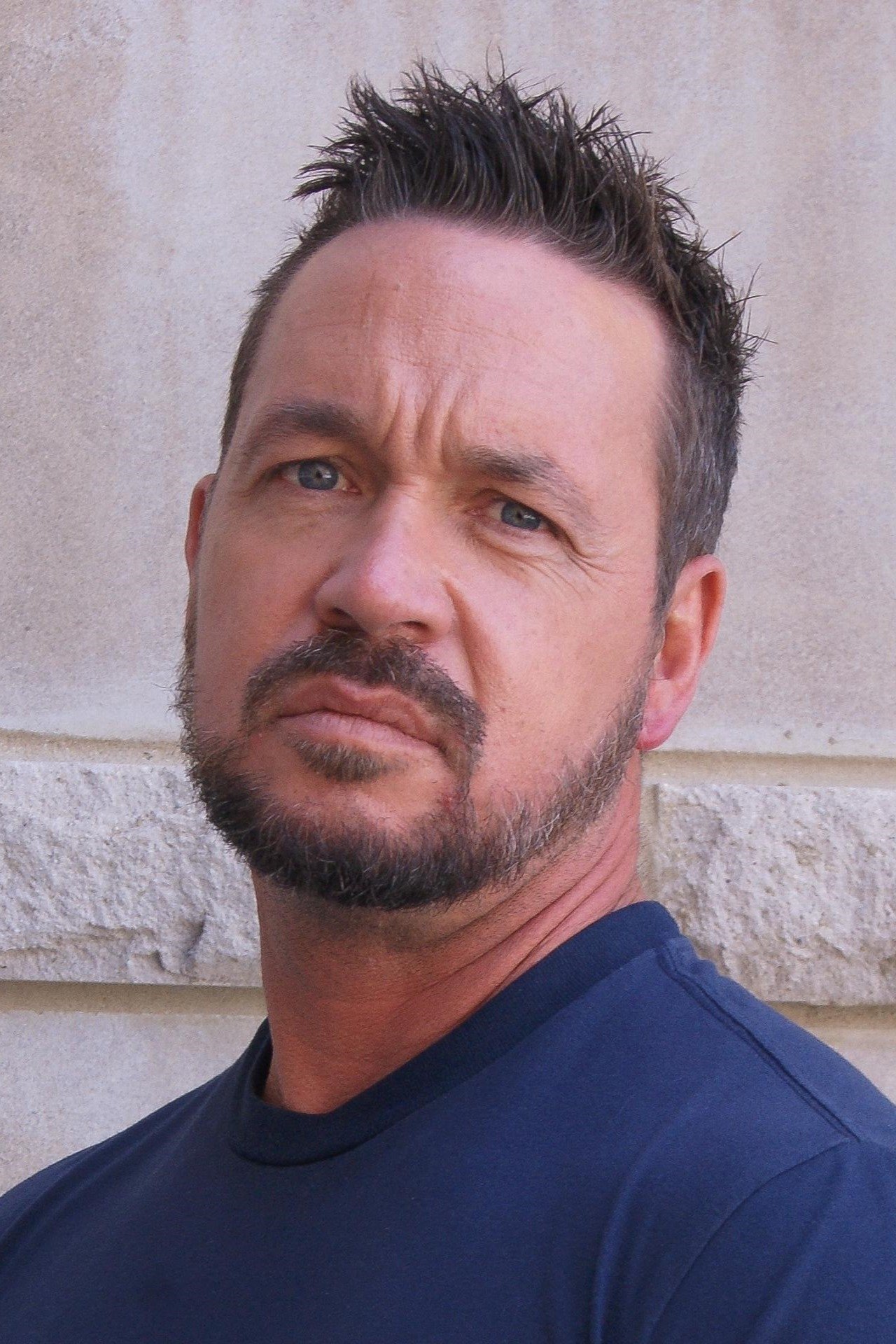
Jeff Shannon
Angry Cop

Michael Sassone
Farmer

Brian Connelly
Officer Chester Boyard

Ed Bruce
Senator McKellar
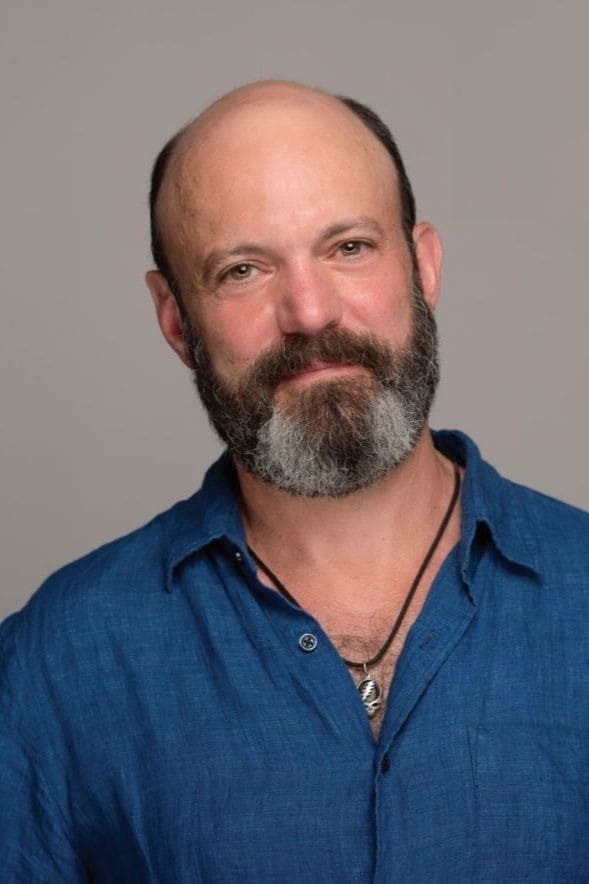
Geoffrey Cantor
Harry Suydam
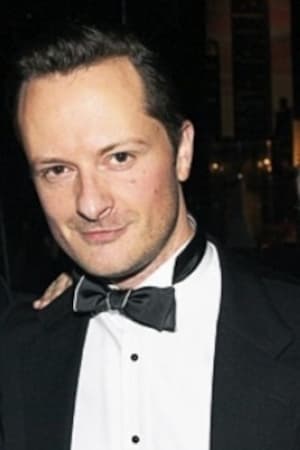
Chandler Williams
Clyde Tolson

Robert Brooks Hollingsworth
Hoover Reporter #1

David Paul Innes
Hoover Reporter #2

Joe Carlson
Hoover Reporter #3

Ben Mac Brown
Hoover Reporter #4

Diana Krall
Torch Singer

Duane Sharp
Doorman at Gold Coast
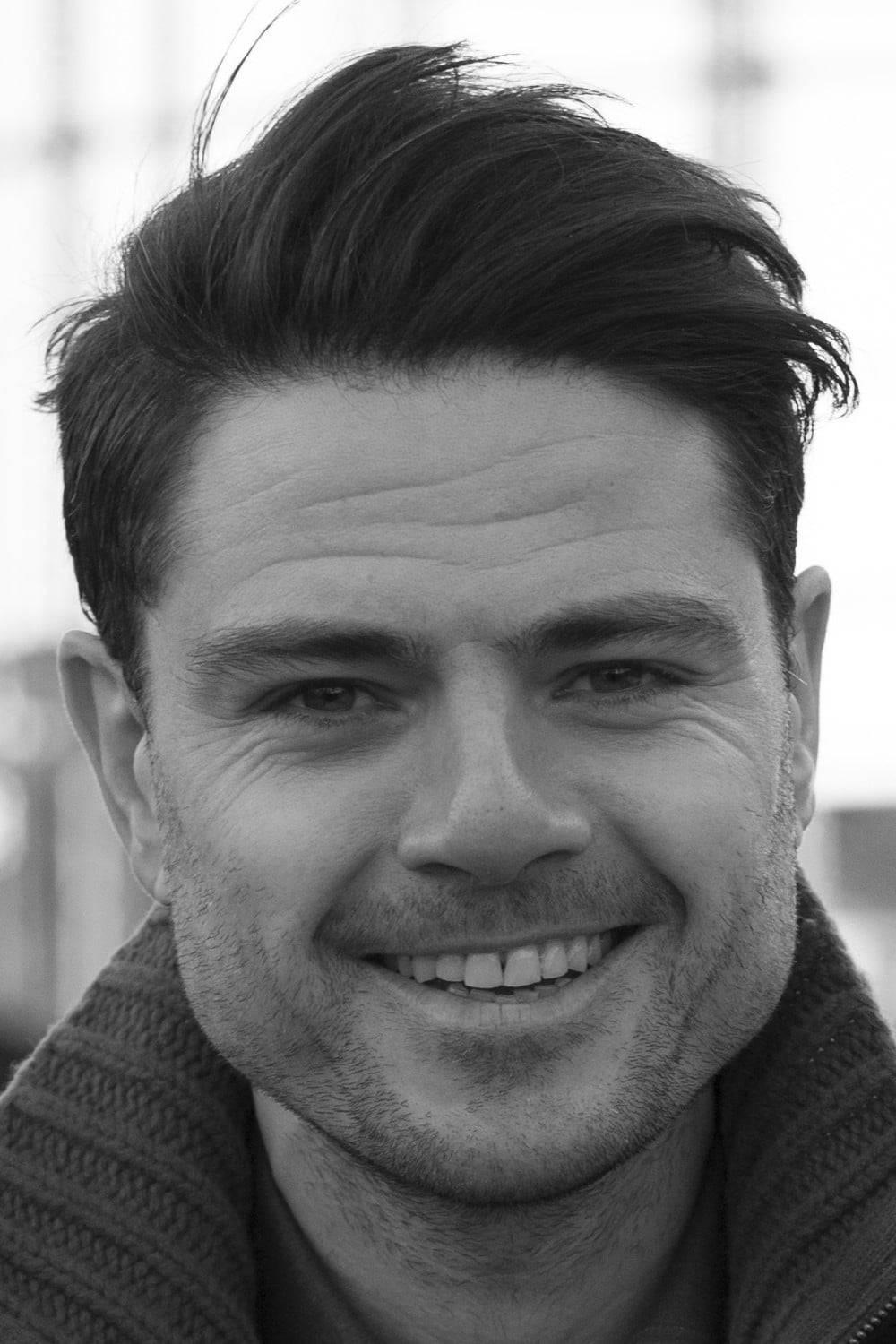
Richard Short
Agent Sam Cowley
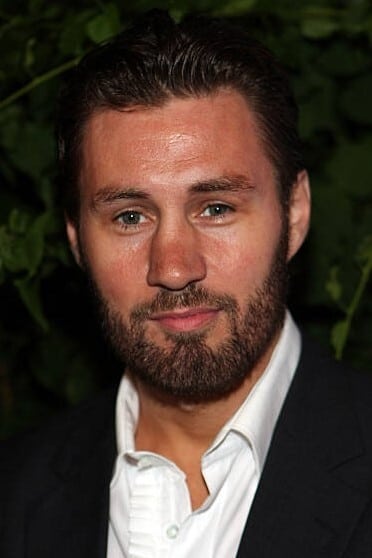
Randy Ryan
Agent Julius Rice
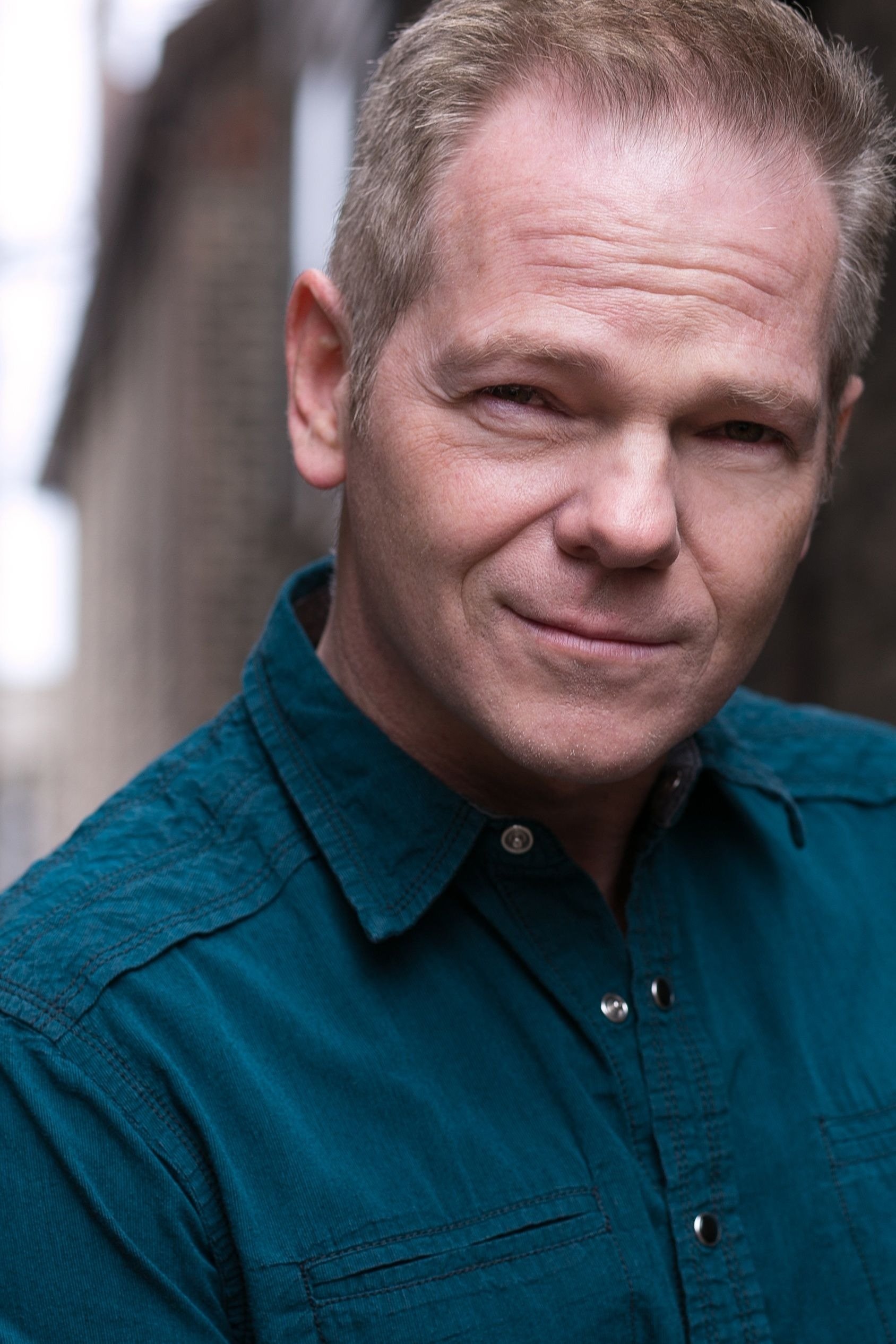
Kurt Naebig
Agent William Rorer
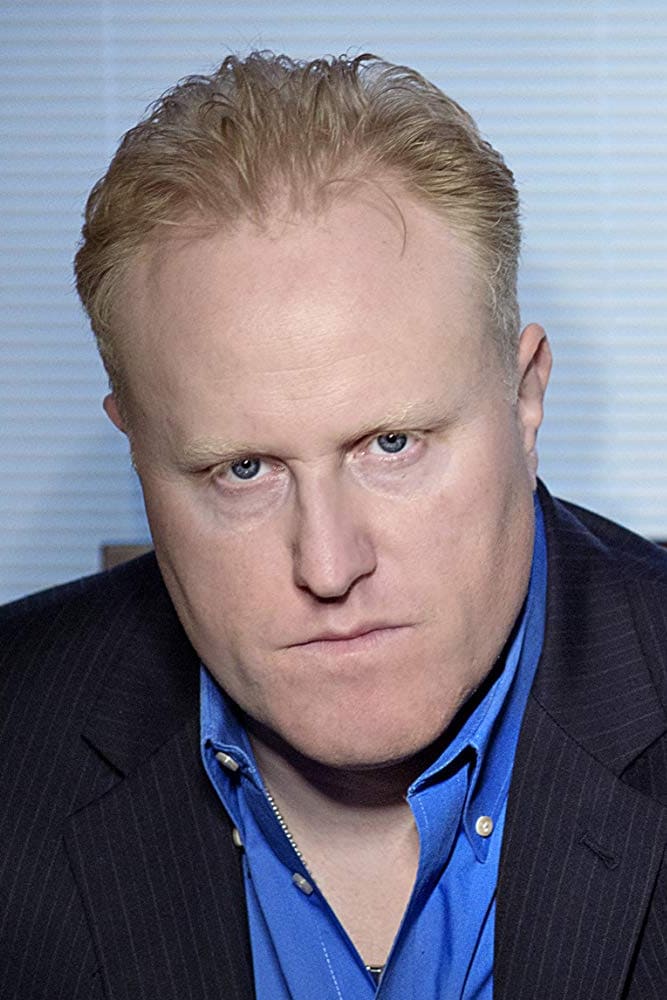
Adam Mucci
Agent Harold Reinecke

Rebecca Spence
Doris Rogers

Danni Simon
May Minczeles
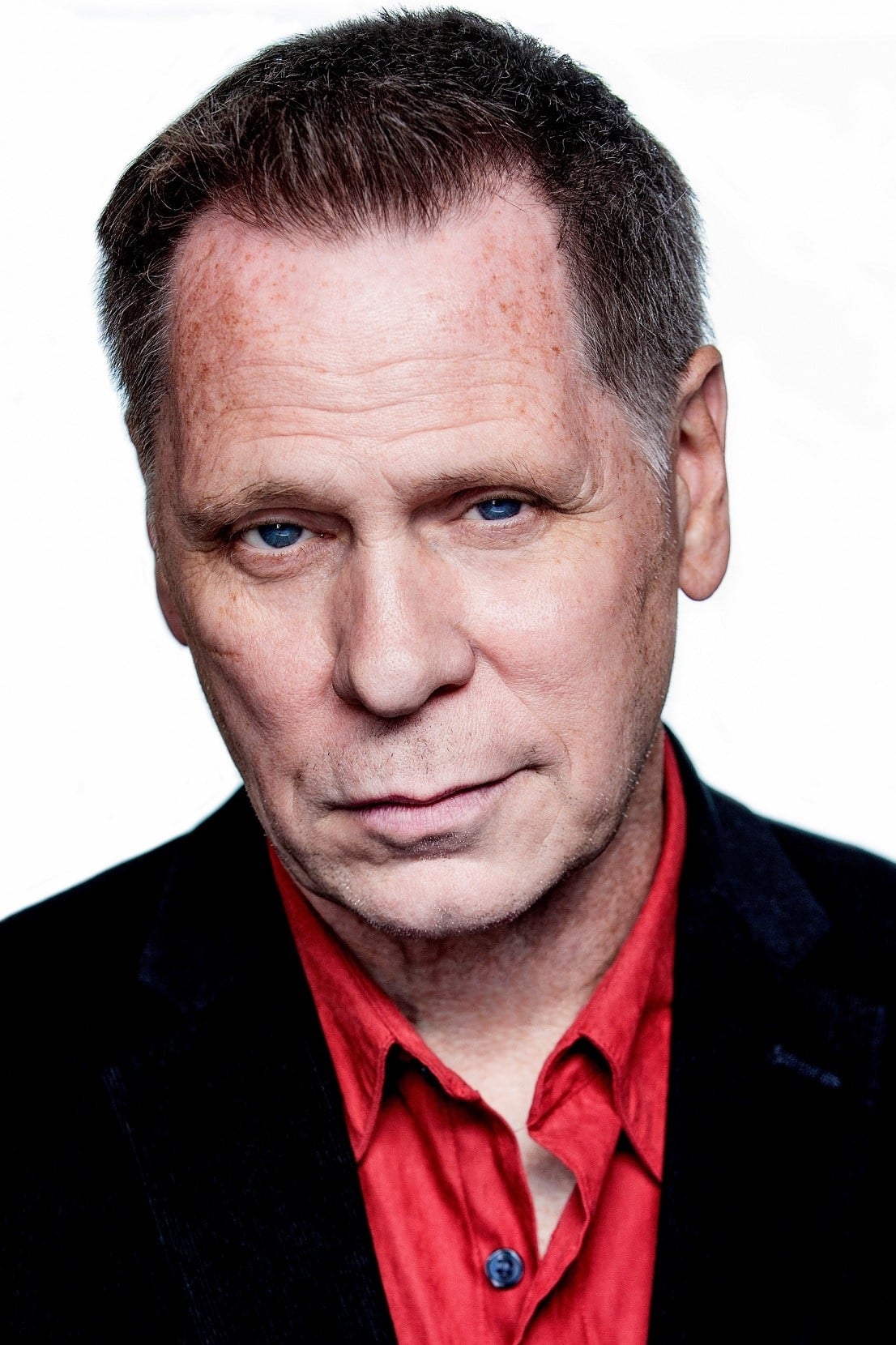
Don Harvey
Customer at Steuben Club
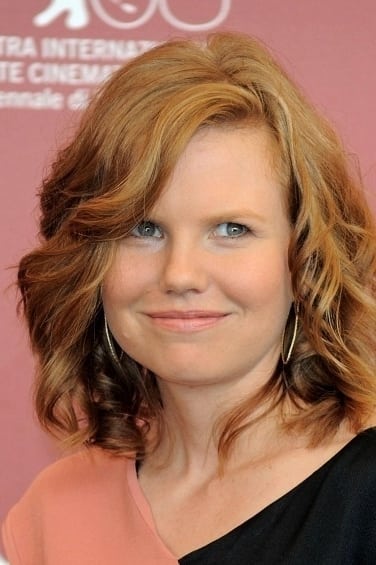
Shanyn Leigh
Helen Gillis
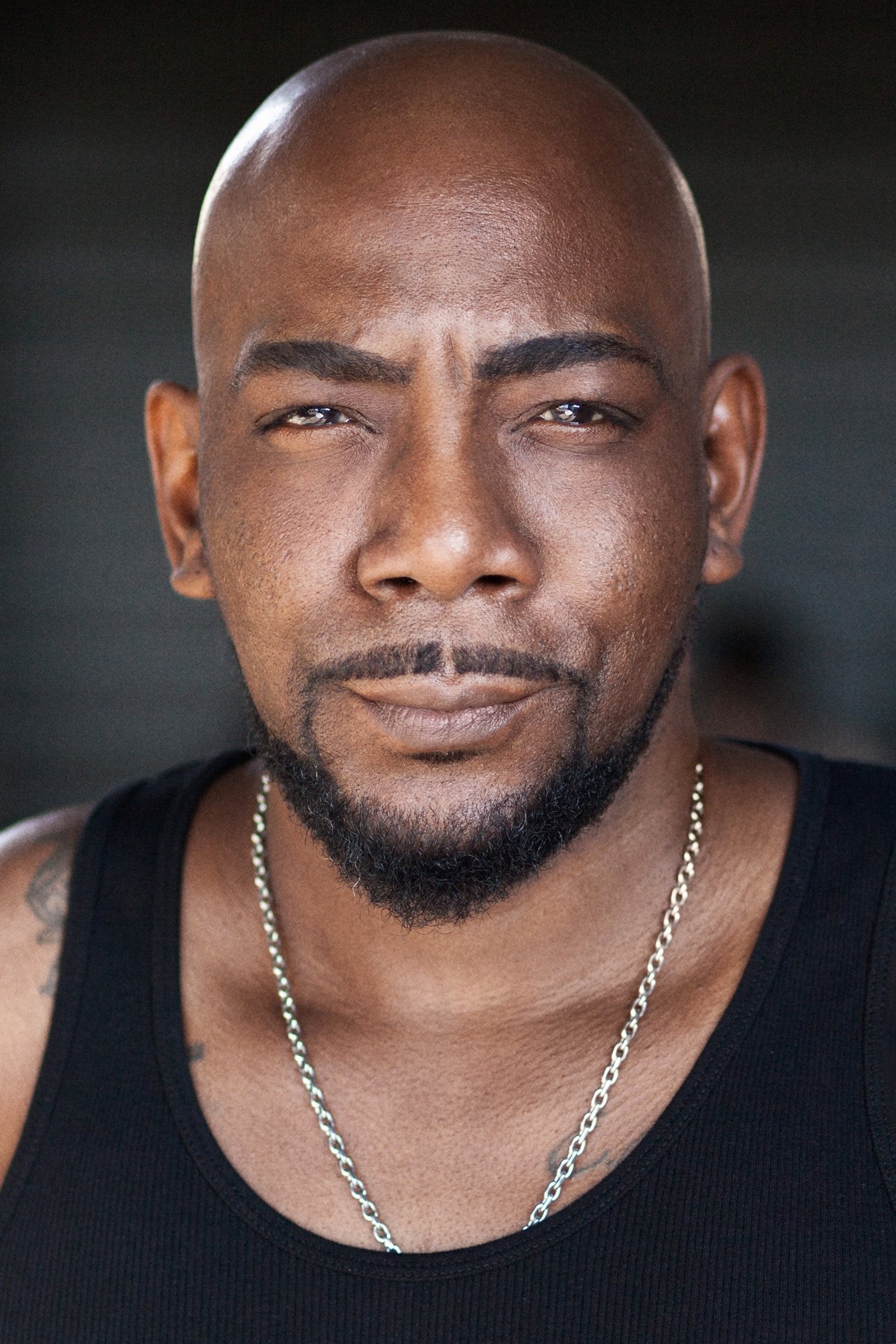
Laurence Mason
Porter at Union Station
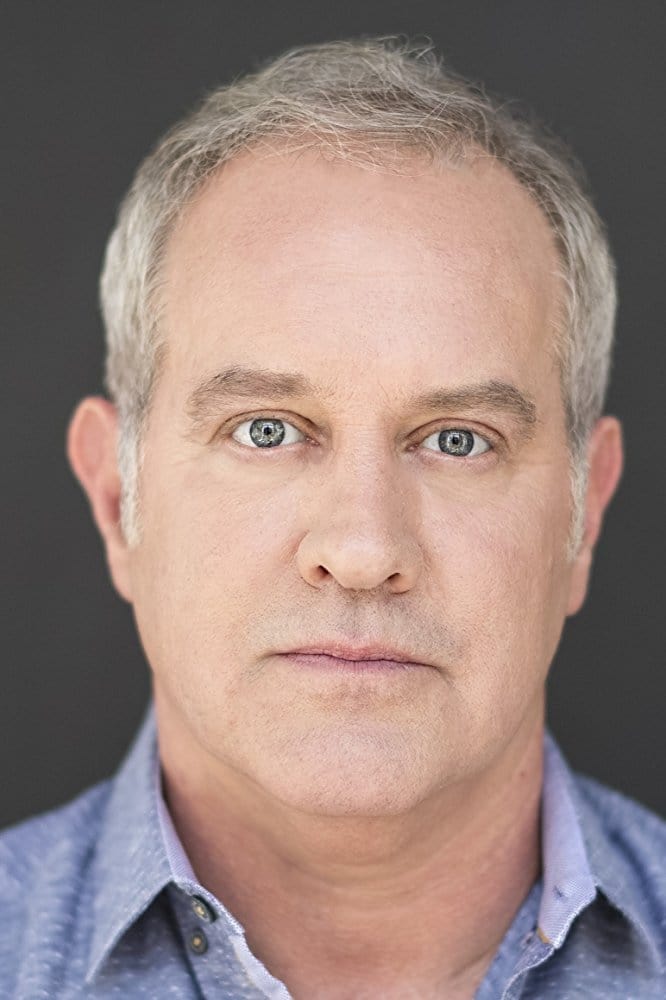
Randy Steinmeyer
Cop Eyman
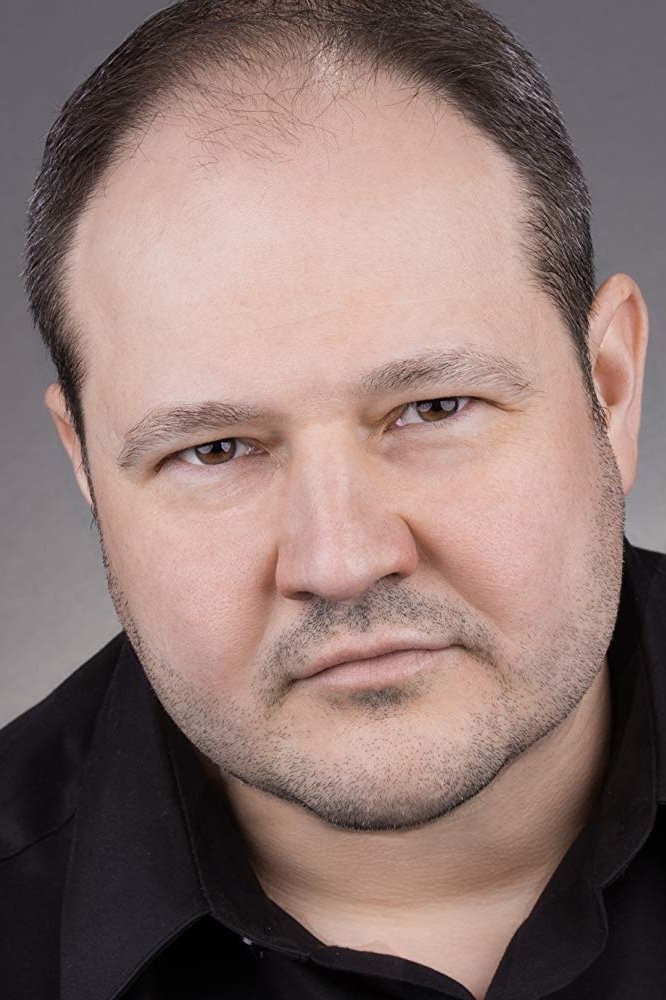
Kris Wolff
Deputy

Lili Taylor
Sheriff Lillian Holley

Donald G. Asher
Reporter #1

Andrew C. Steele
Reporter #2

Philip M. Potempa
Reporter #3

Brian McConkey
Photographer
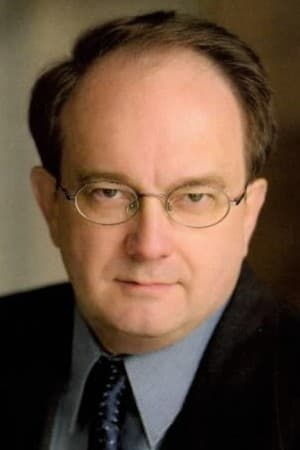
Alan Wilder
Robert Estill

Michael Bentt
Herbert Youngblood

John Lister
Judge Murray

Jim Carrane
Sam Cahoon

Joseph Mazurk
Guard Bryant

John Fenner Mays
Deputy Blunk
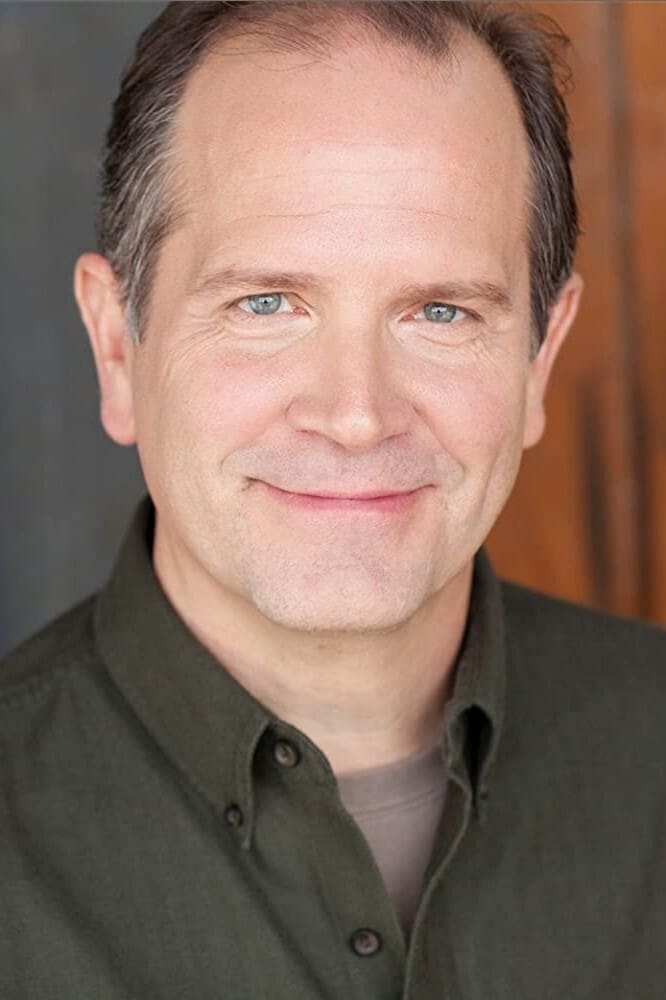
Rick Uecker
Edward Saager

Craig Spidle
Reporter

Jason T. Arnold
Other Jr. G-Man

Andrew Blair
Other Jr. G-Man
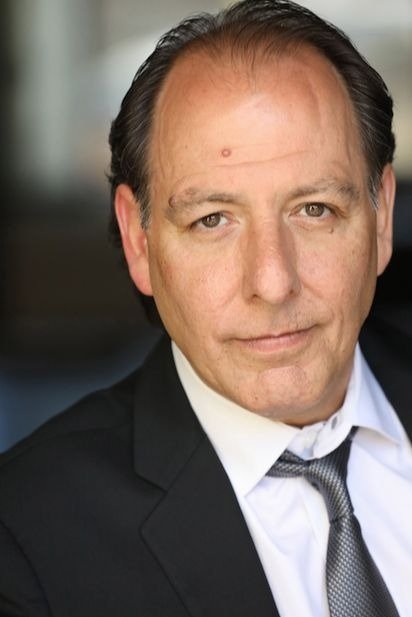
Mark Vallarta
Harry Berg

Daniel Maldonado
Jacob Solomon
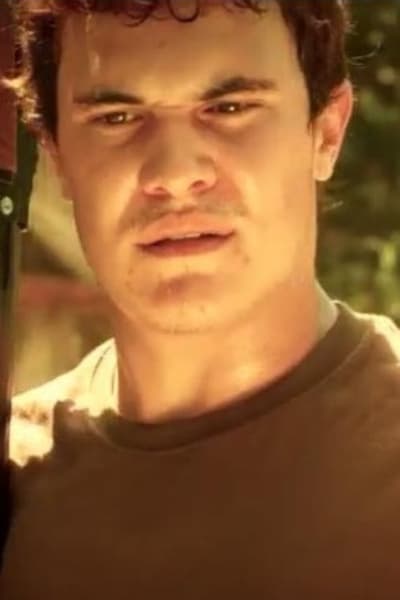
Sean A. Rosales
Joe Pawlowski

Stephen Spencer
Emil Wanatka

Patrick Zielinski
Doctor

Gareth Saxe
Agent Ray Suran
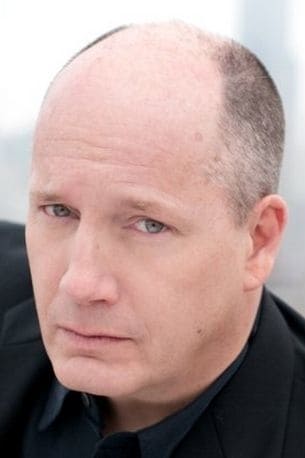
Guy Van Swearingen
Agent Ralph Brown

Jeff Still
Jimmy Probasco

Lance Baker
Freddie Barker

Steve Key
Doc Barker

Jerry Goff
Captain O'Neill

David Carde
Special Agent
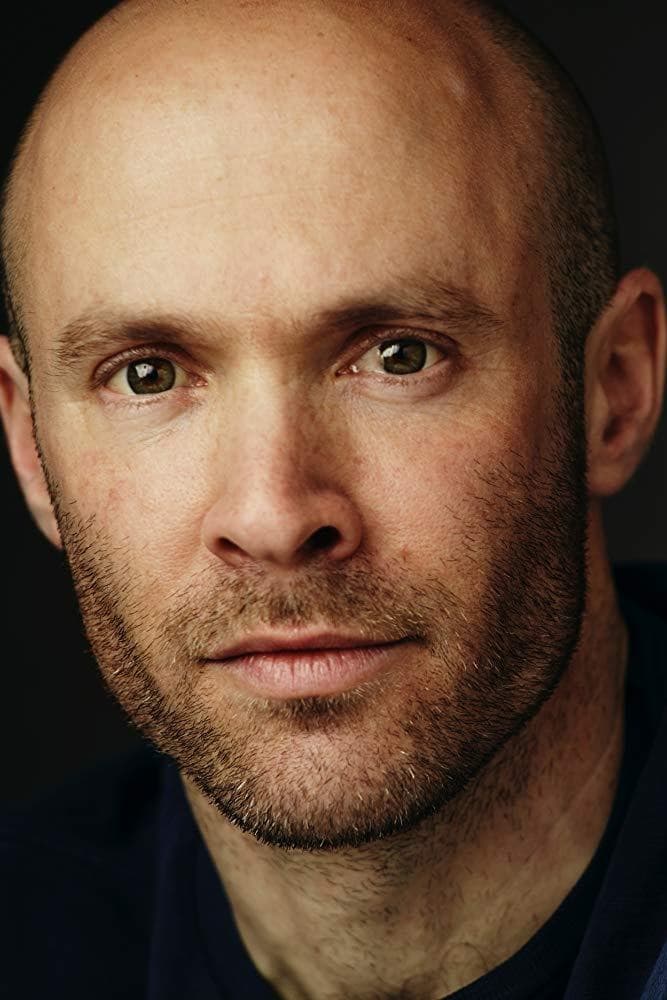
Aaron Roman Weiner
Special Agent
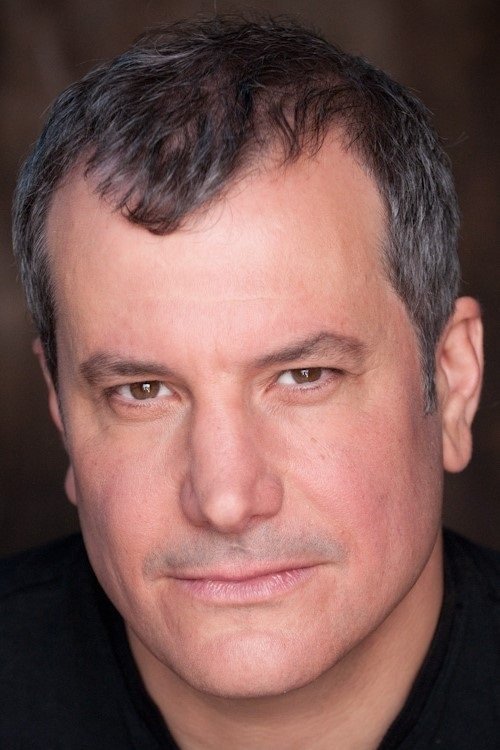
Keith Kupferer
Agent Sopsic
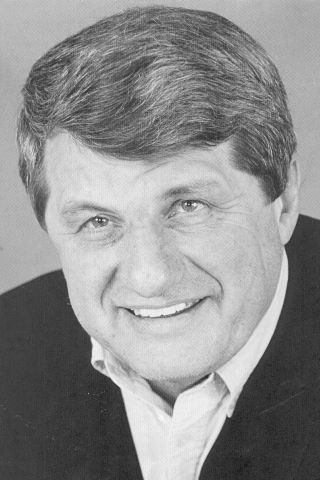
Turk Muller
Other East Chicago Cop
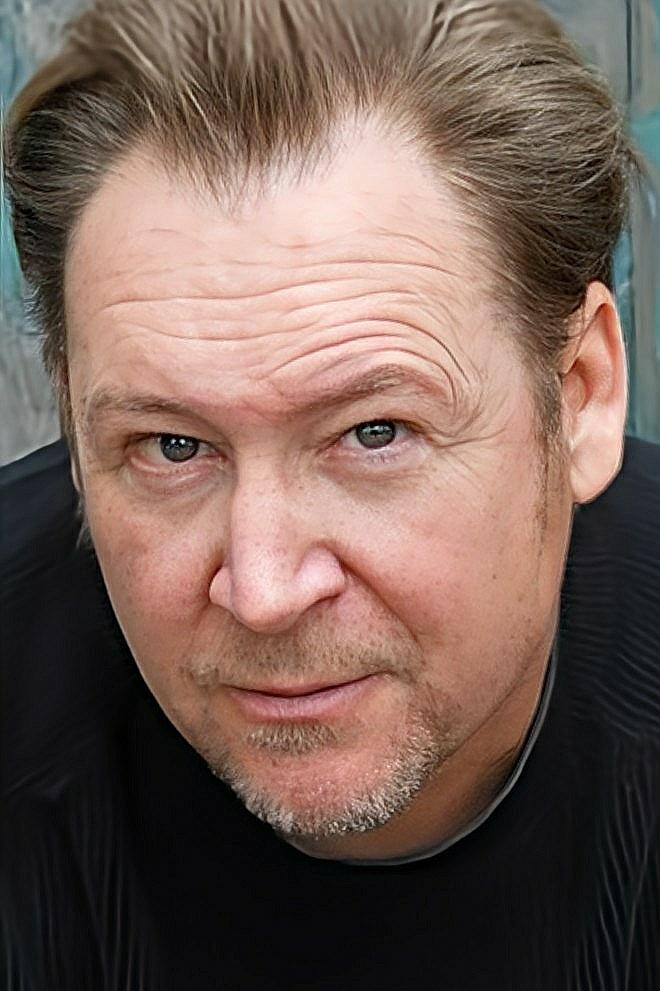
Tim Grimm
Other East Chicago Cop

Martie Sanders
Irene the Ticket Taker
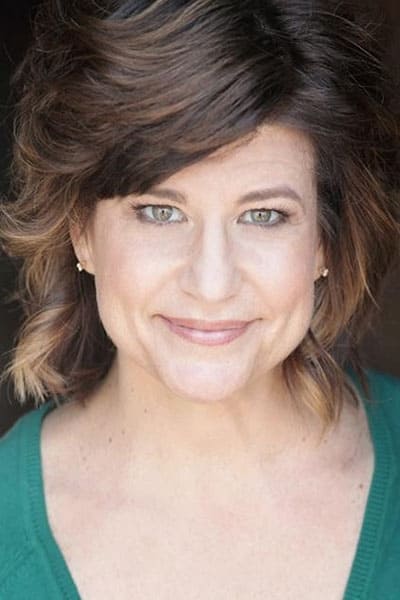
Robyn LeAnn Scott
Ella Natasky
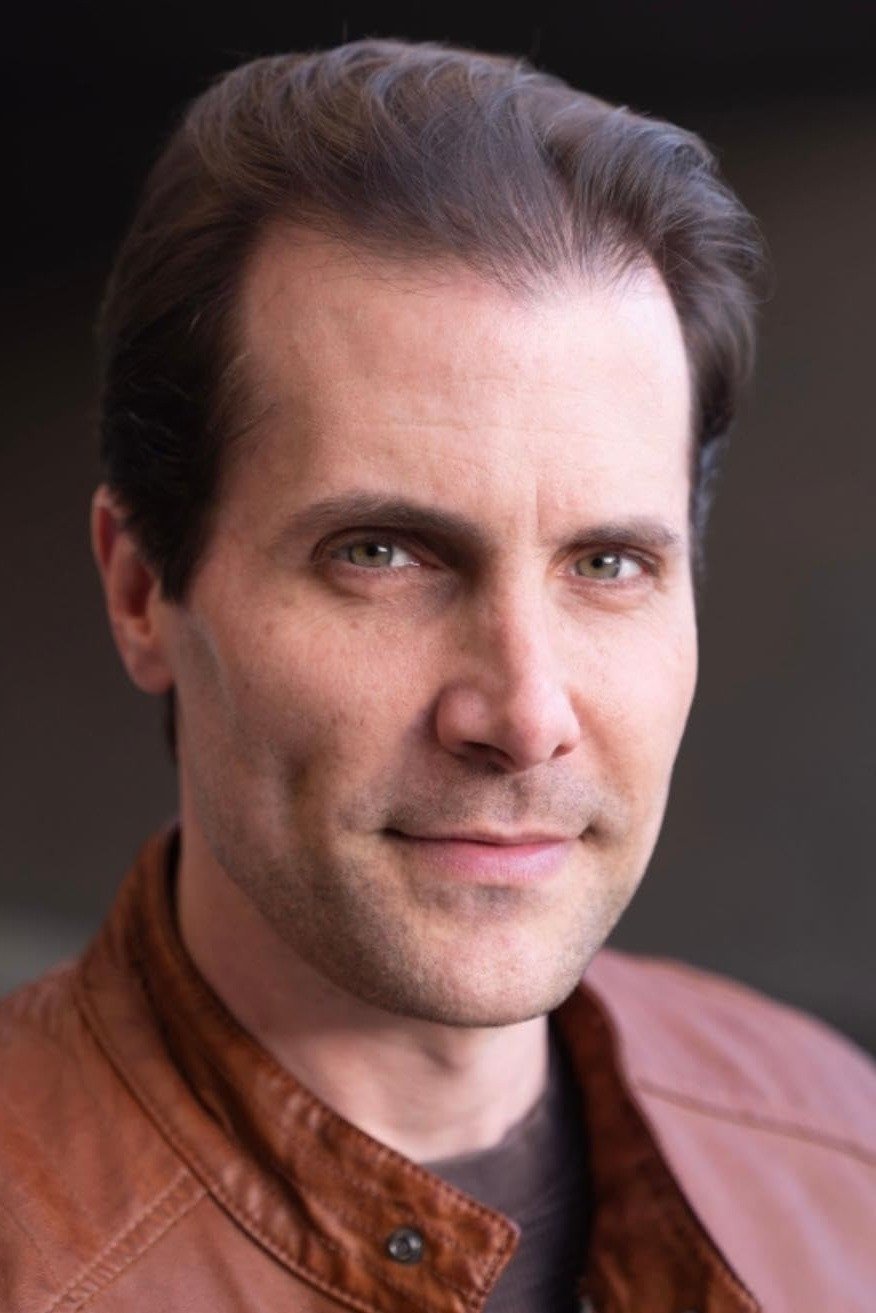
Jordan Lawson
Prisoner (uncredited)

Angelina Lyubomirova
Coat Check Girl (uncredited)
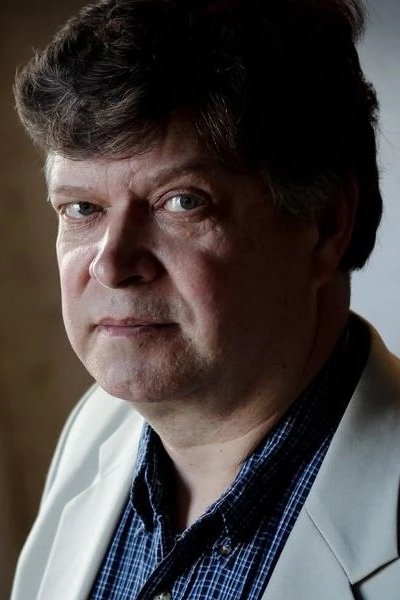
Joel Thingvall
FBI Agent (uncredited)
Movie Reviews
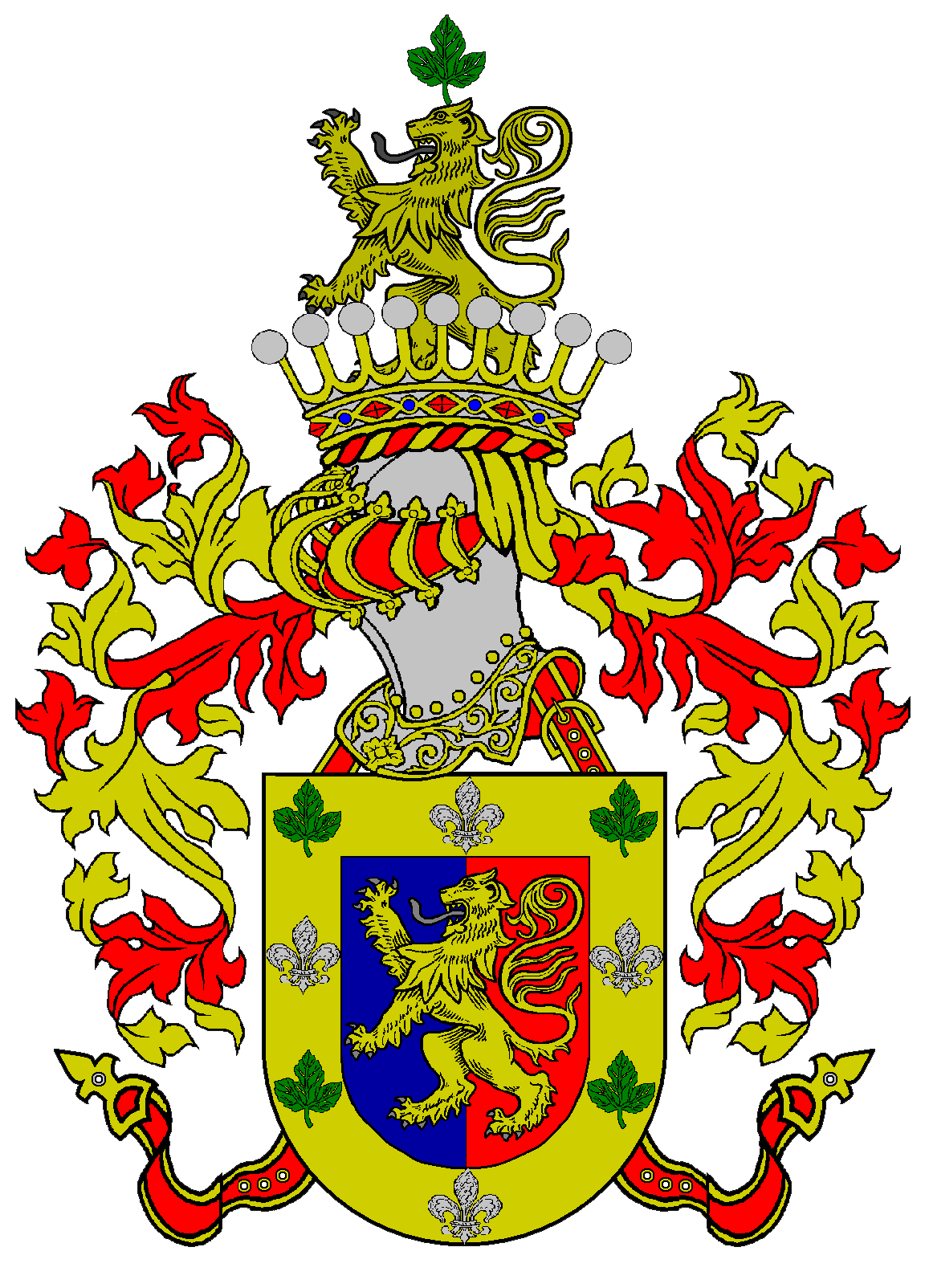
A review by FilipeManuelNeto
Written by FilipeManuelNeto on 2024-06-02
**Dillinger, an iconic bandit in a respectful and well-made film.** There is no shortage of quality films about Prohibition and the many notable criminals of this era in American history: Al Capone, Bugsy Siegel and others form a kind of “golden age” of organized crime. John Dillinger is among them, occupying a top place on the list of great criminals of this era. After a rebellious and delinquent youth, Dillinger deserted the Navy and ended up being sentenced to almost twenty years in prison after a grocery store robbery. The sentence was considered excessively heavy and left Dillinger resentful. From then on, he made the Indiana State Penitentiary his school of crime until he was released in 1933. With his freedom, he formed his first gang and began the bank robberies that made him famous. In 1934, he was arrested in Arizona and sent to Crown Point, Indiana, from where he made a spectacular escape, using a fake pistol made from a bar of soap or wood. His escape, the notoriety he had already acquired and the interstate nature of his crimes led to the involvement of the recently founded FBI. Meanwhile, Dillinger formed a second group of criminals which included the equally famous “Baby-Face” Nelson, and resumed his robberies, while trying to elude the authorities. Months later, and after almost being arrested on several occasions, he was betrayed and denounced, and murdered outside a cinema. The film is quite good. It is faithful enough to the events and to Dillinger's life, but mixes things up a bit, changing the order of events in order to increase dramatic tension (for example, the death of “Pretty Boy” Floyd is shown well before Dillinger's death , but it happened months later, in a corn field). Furthermore, the film exaggerates things. However, these are concessions that I accept because the film, in addition to being a fictional piece, is reasonably respectful of historical facts. I don't accept the poorly explanatory narrative so easily: anyone who doesn't know Dillinger and his life well will have some difficulty following the film. This may help to understand why this film was a failure outside the US, where John Dillinger is little known. Michael Mann is a very competent director, thorough and respectful of the past. We saw these characteristics in “Last of the Mohicans” and “Collateral”, among other quality films. The director does a very good job in this film, which follows well the adventures of the criminal's life and his tricks to elude the police. The cinematography is magnificent and makes wonderful use of light and color, especially in scenes filmed at night, and the filming locations, props, vehicles, costumes and sets are convincing and quite realistic. The film's biggest flaw, for me, is the dispassionate way it approaches everything. Considering that the protagonist is an outlaw and that nothing he did was acceptable, having managed to like him would have been a bonus. In fact, what stood out to me the most was the extremely thin line that separated the agents of the law and the criminals they pursued: think about it, Dillinger was not detained to be present at a trial, he was executed in a public square and surrounded by hundreds of people who could have been injured if things had gone out of control. Who is hero or villain? The waters are murky, in the film as in life itself. All I can do is talk about the cast, which is confidently led by Johnny Depp, an actor who has a special talent for complicated and unusual characters, and who gives us a very competent interpretation. Christian Bale, another talented actor for impactful characters, played the federal agent in charge of arresting Dillinger, and he is extraordinary in his effort. Marion Cotillard does what she can in the role of Dillinger's girlfriend, but the truth is that the film did not need any attempt at romance, even though the character was necessary to understand the life of the heartthrob criminal, and that's why she doesn't add much to the product. Final. There are also notable additions to the cast, including Stephen Graham, David Wenham and James Russo.
